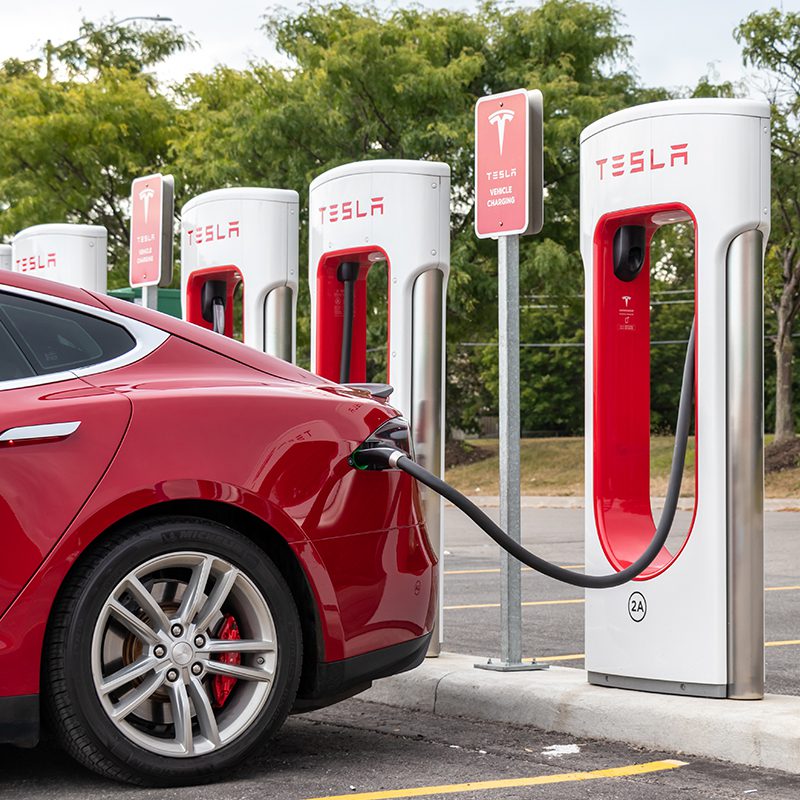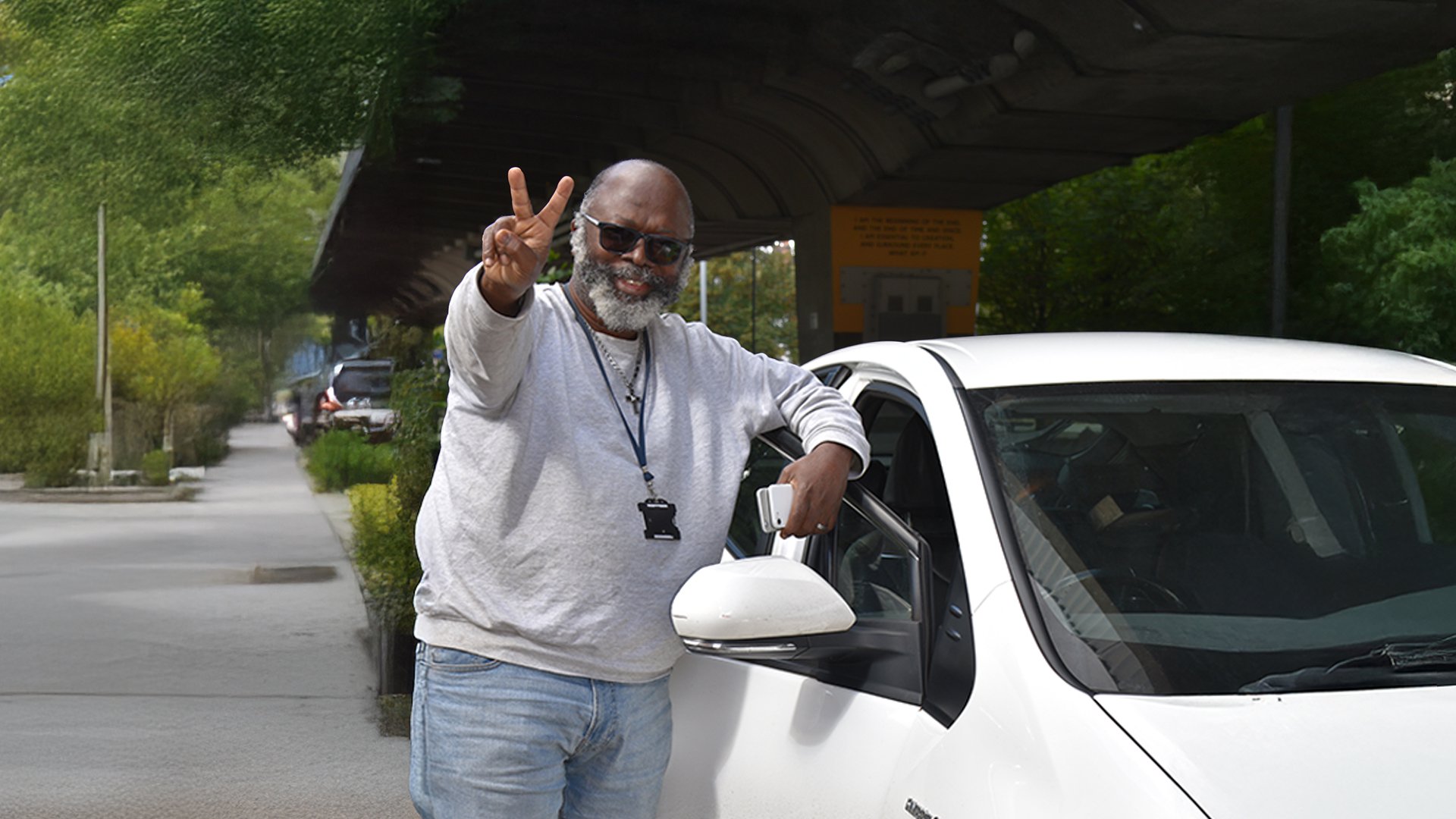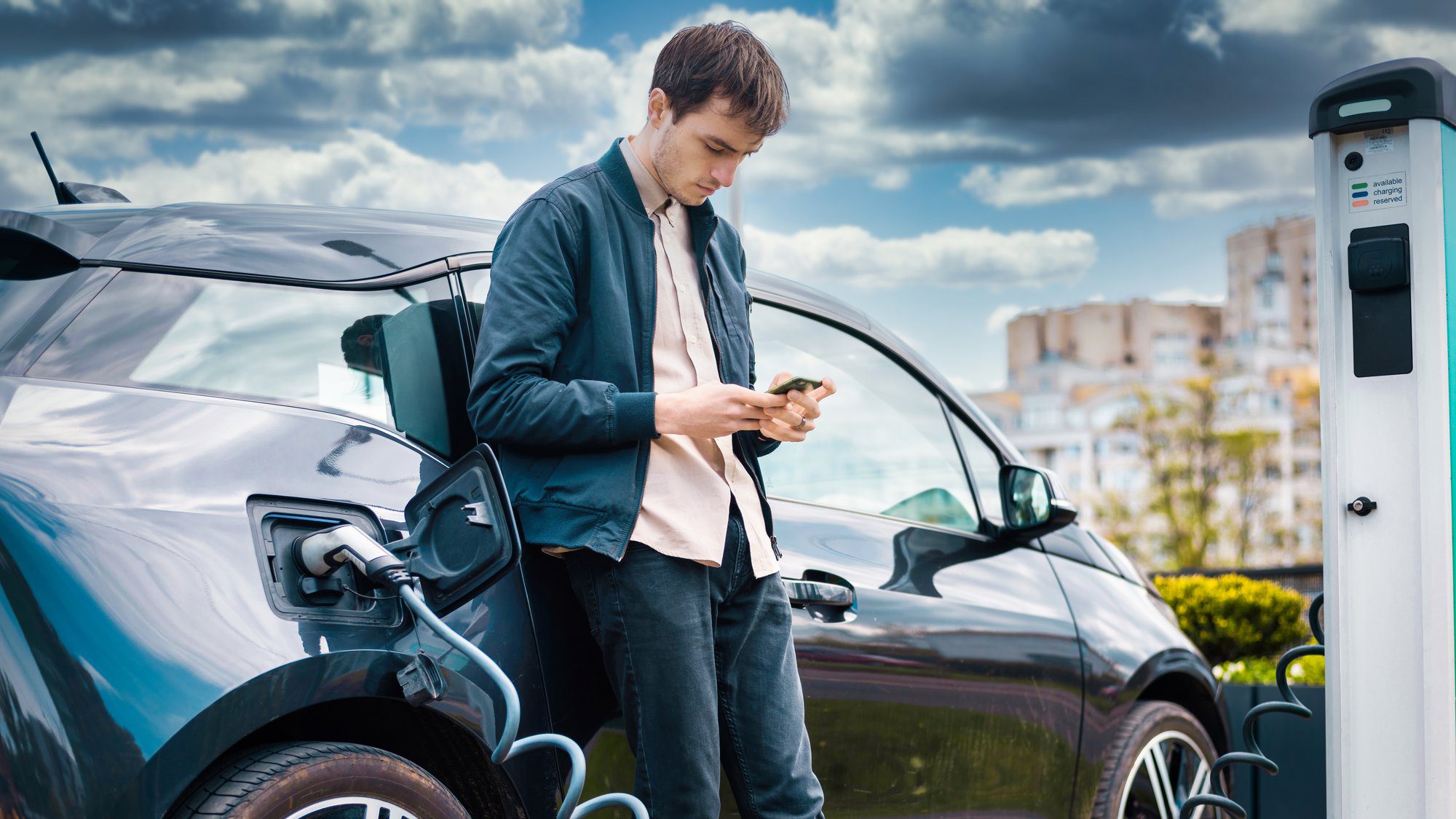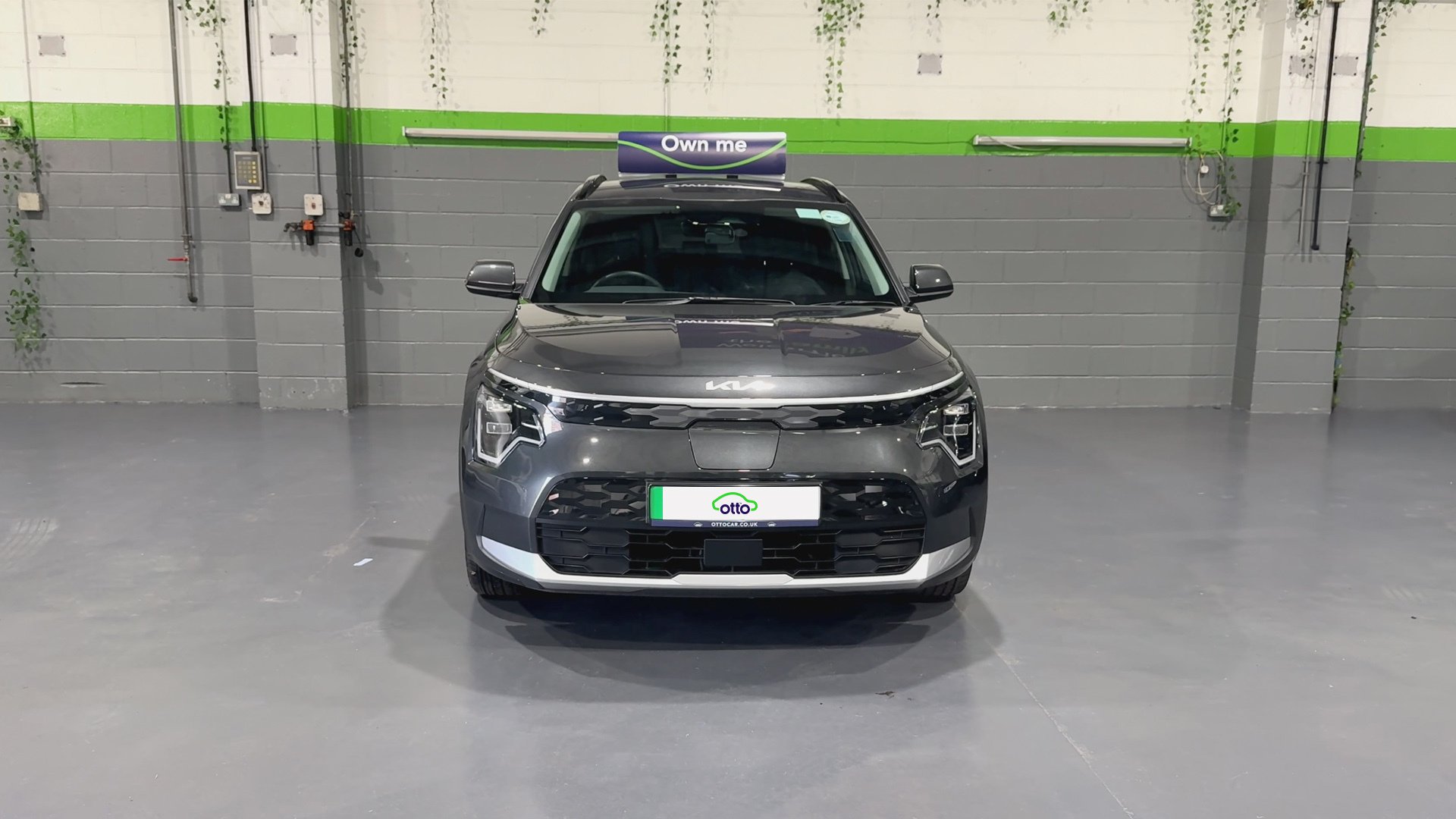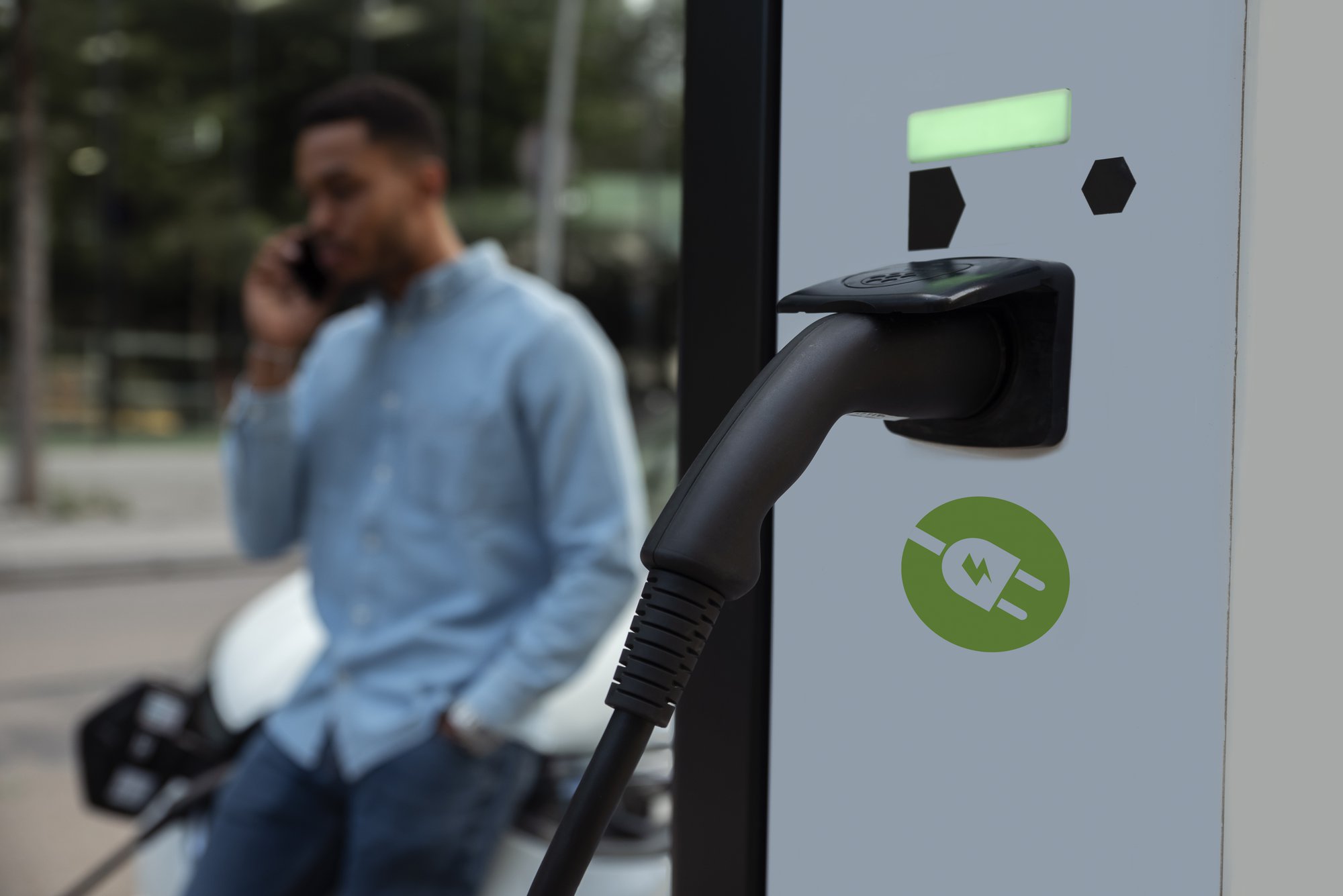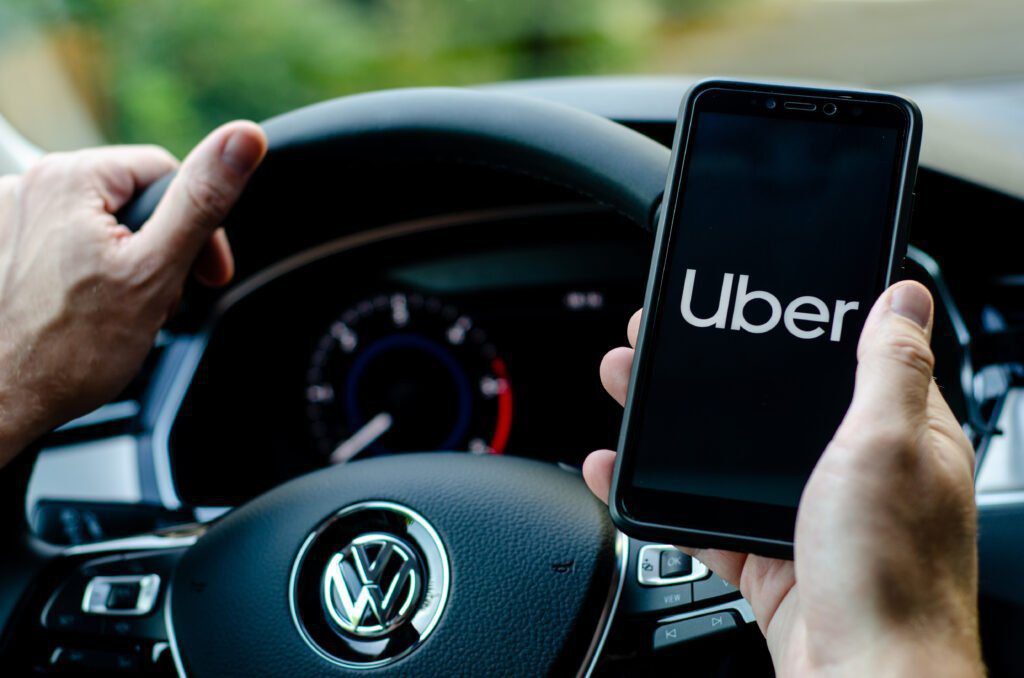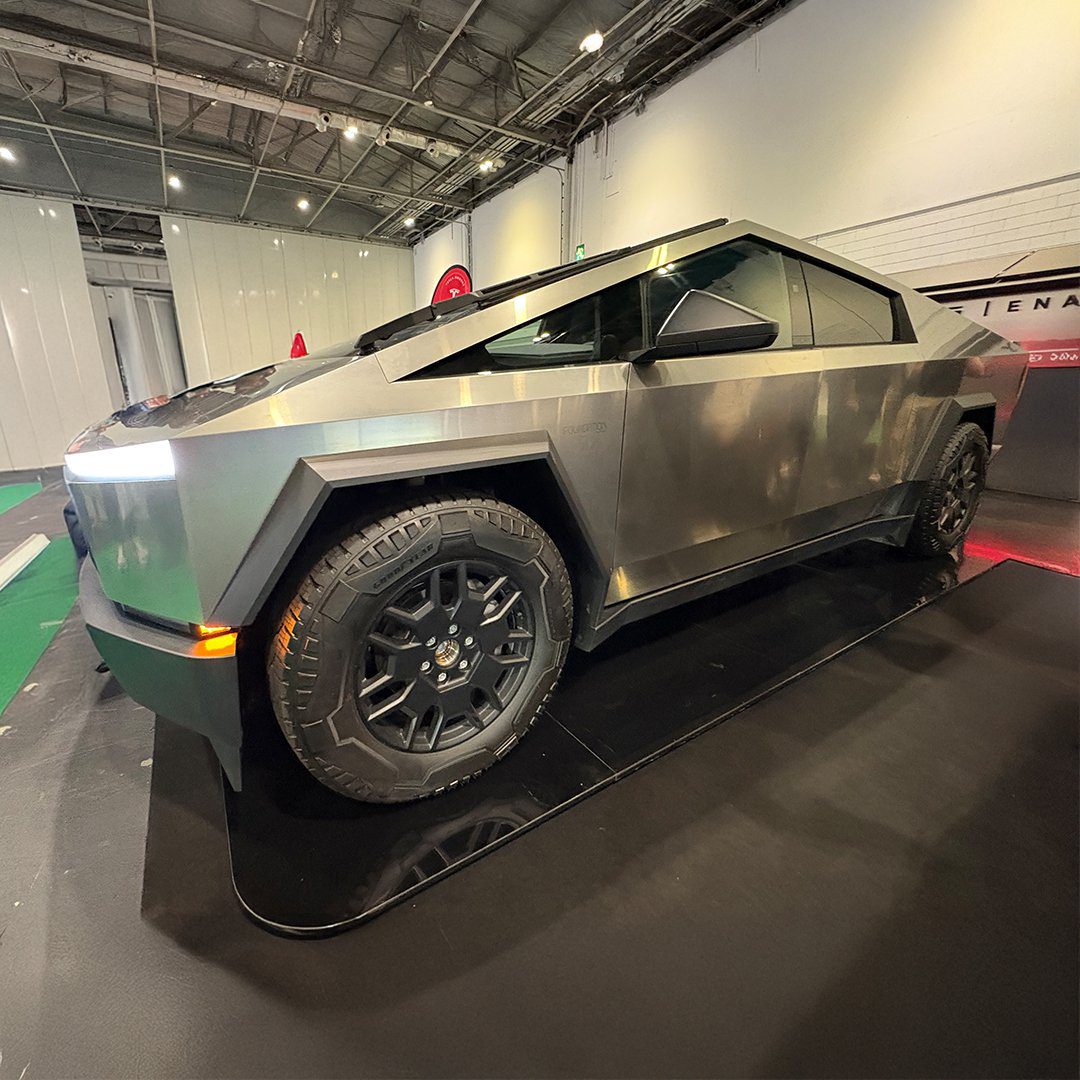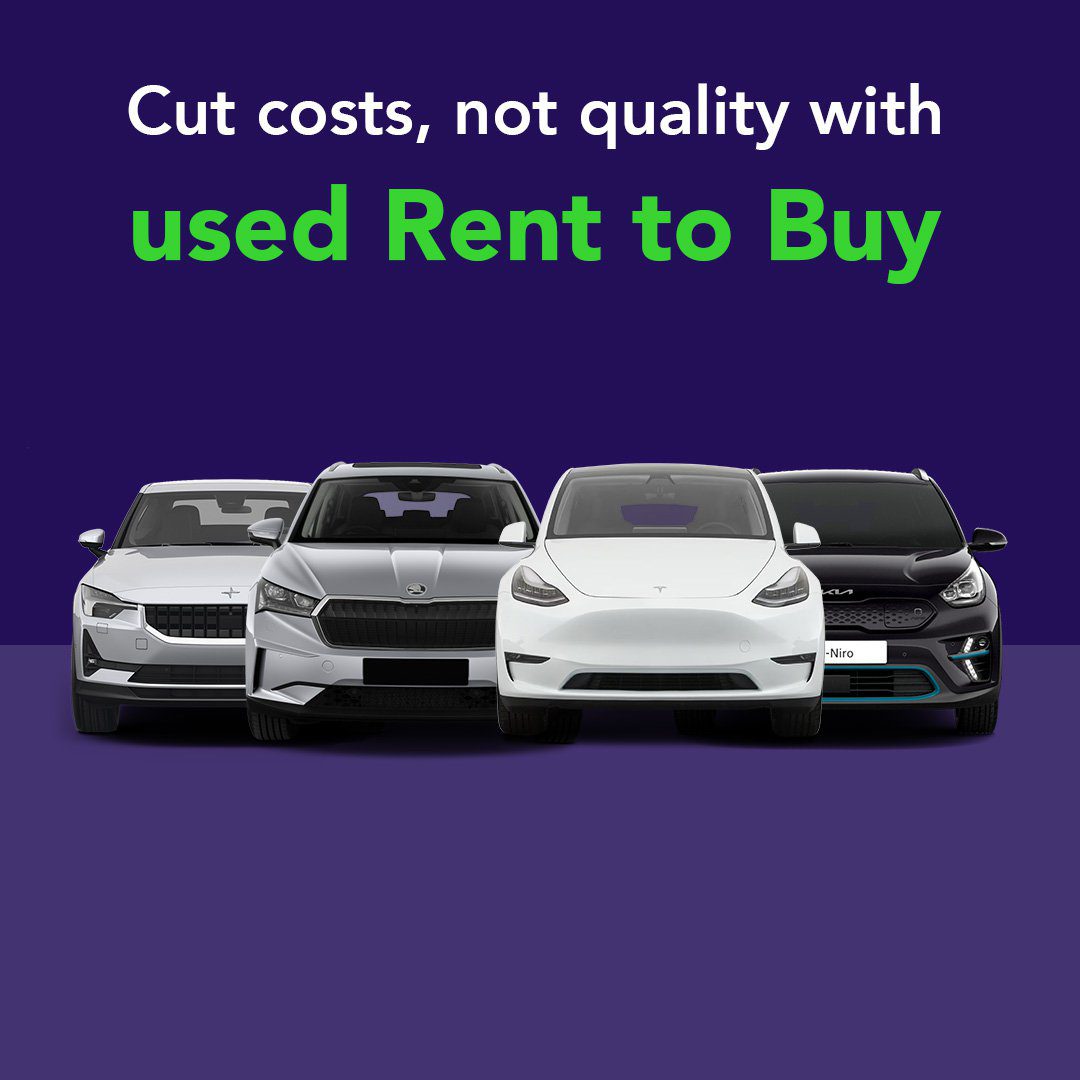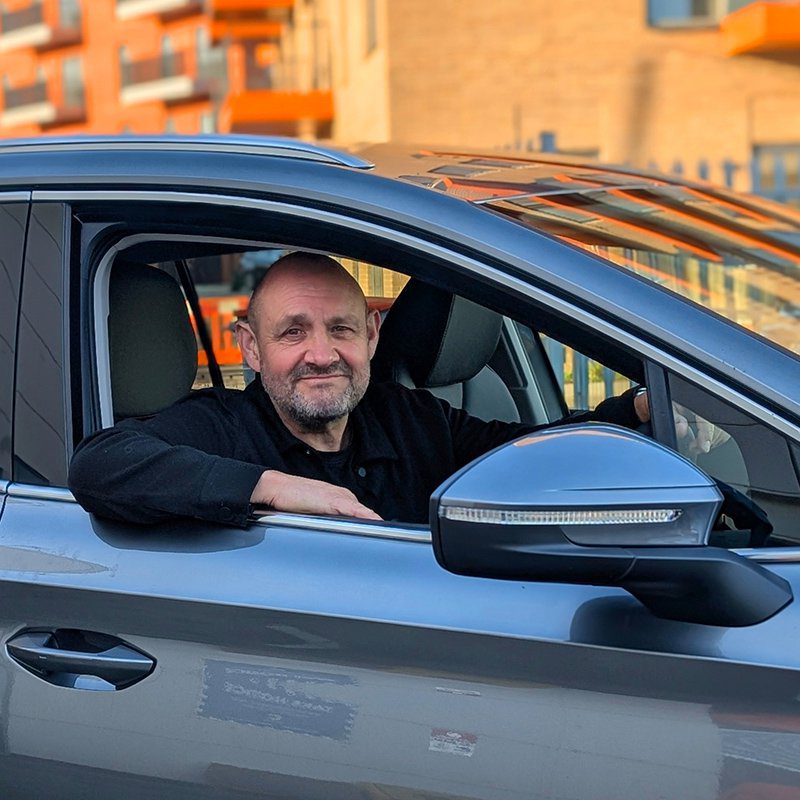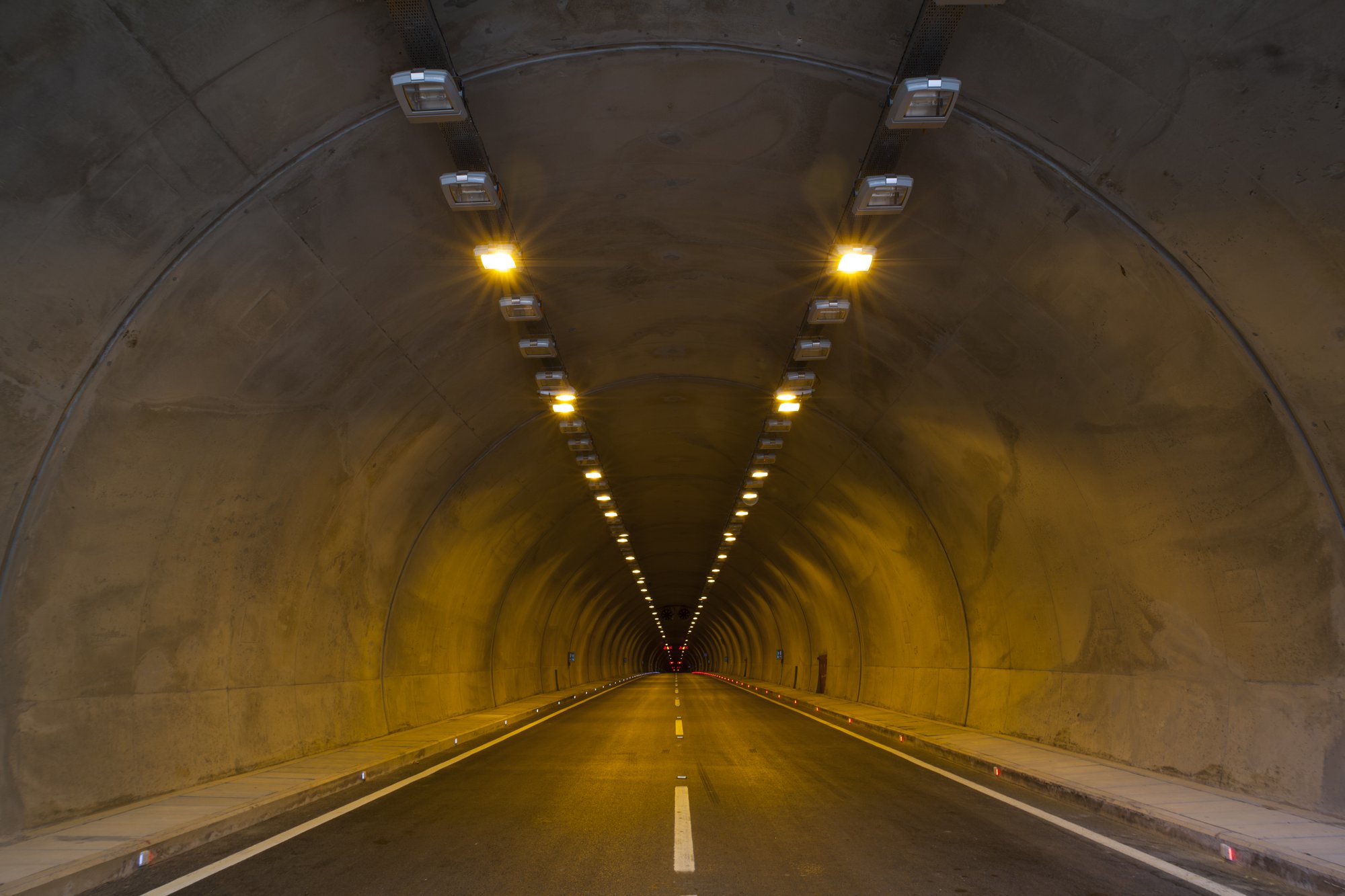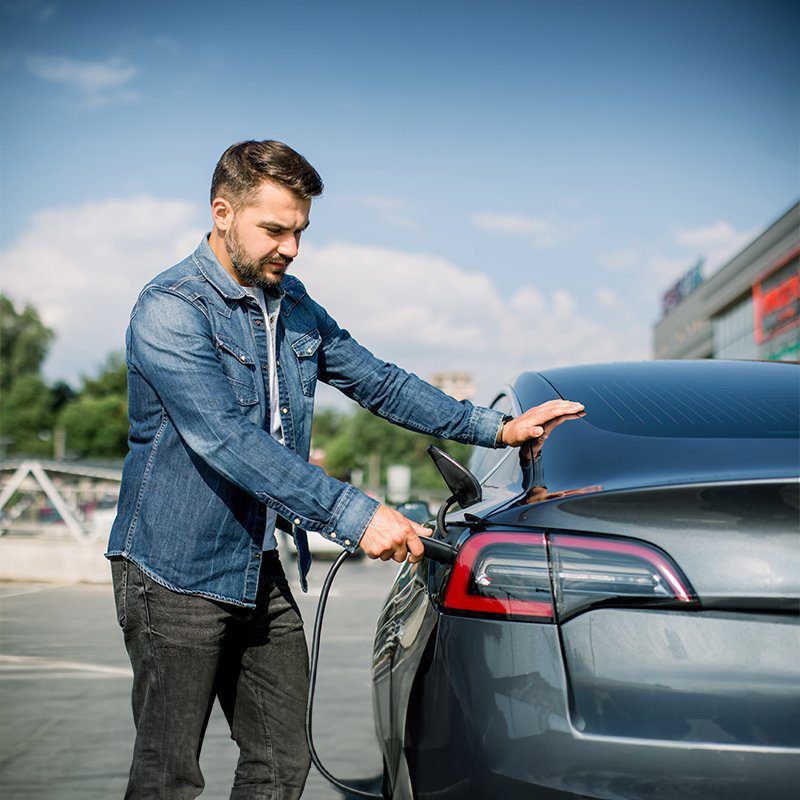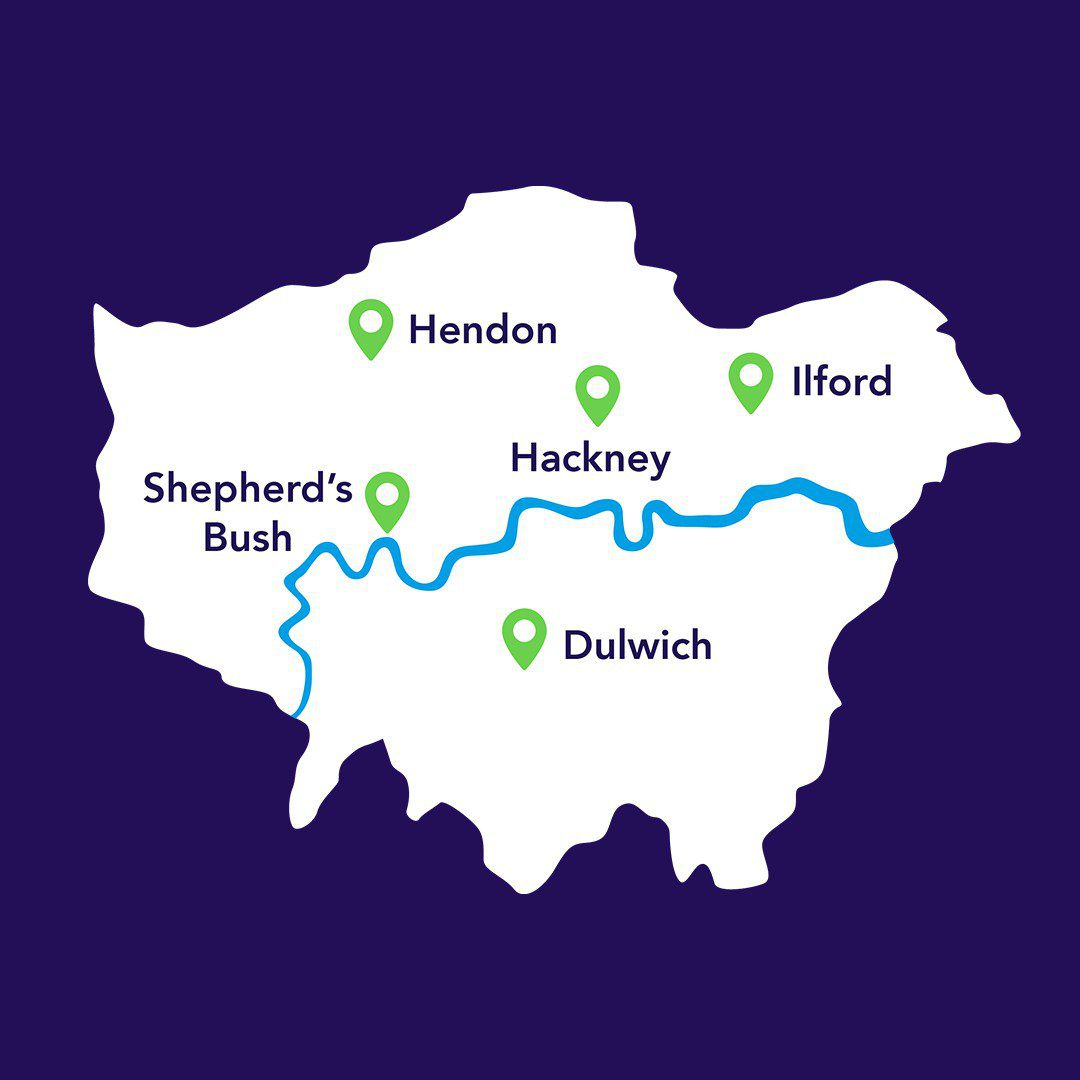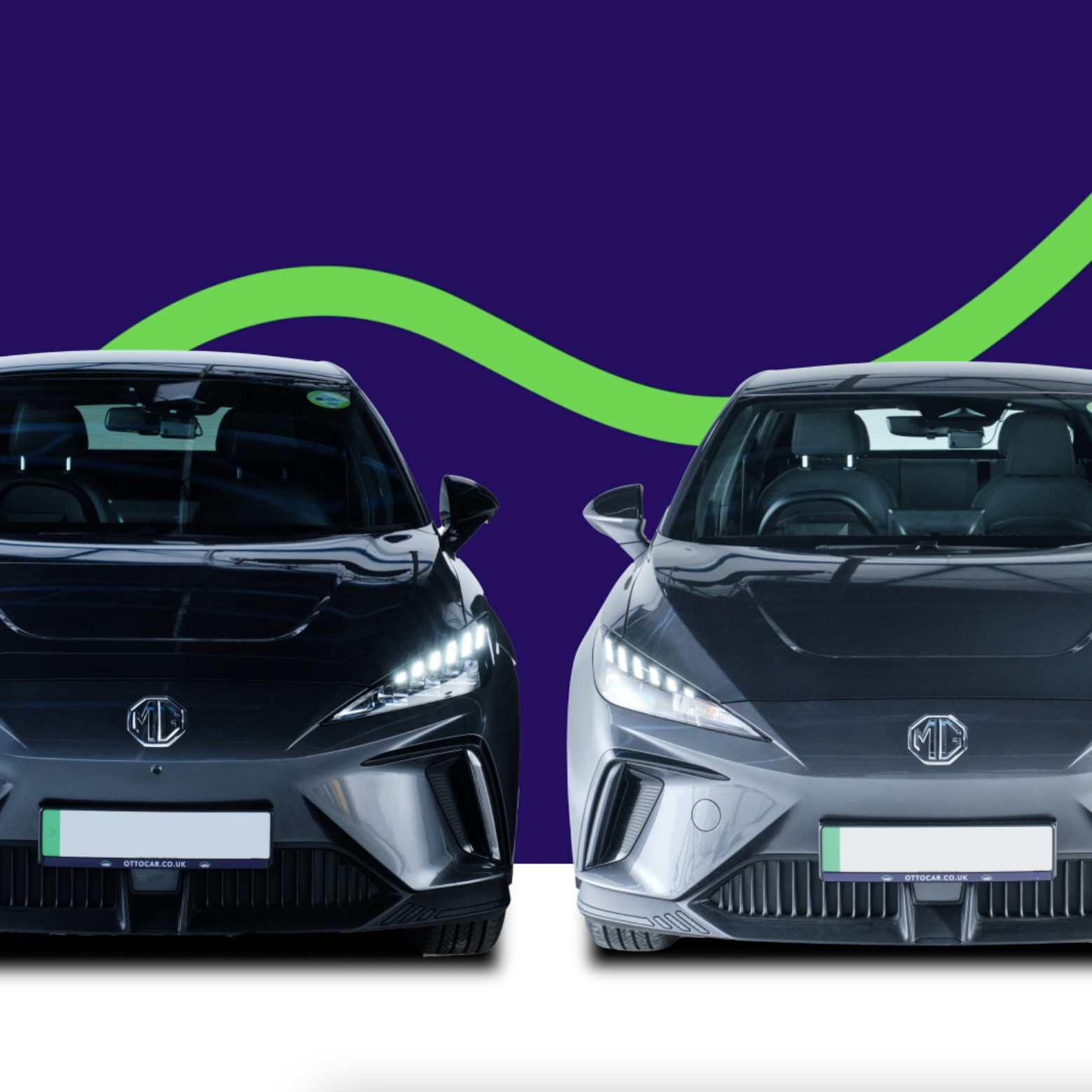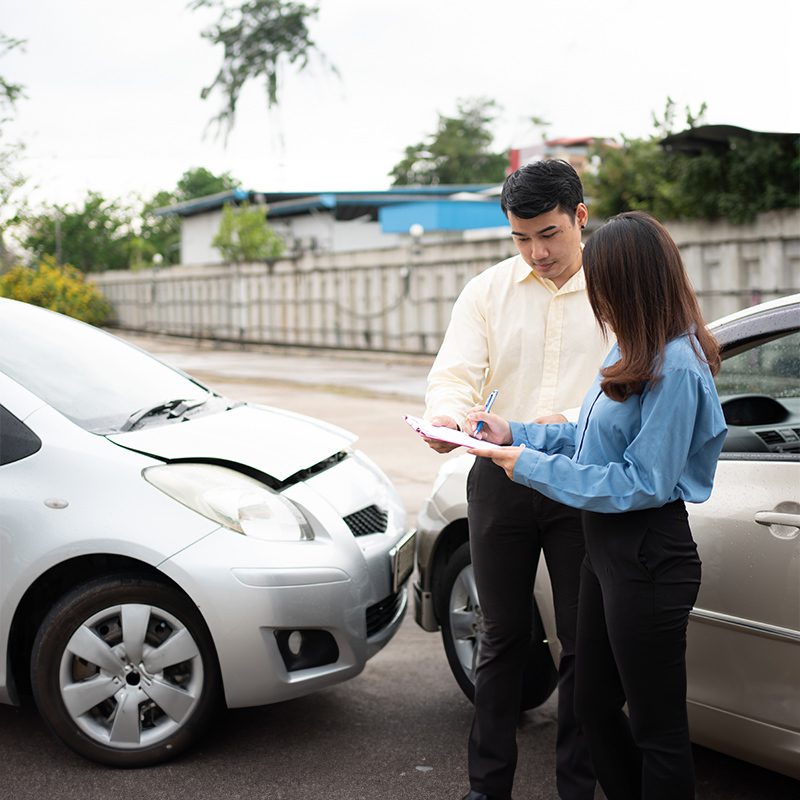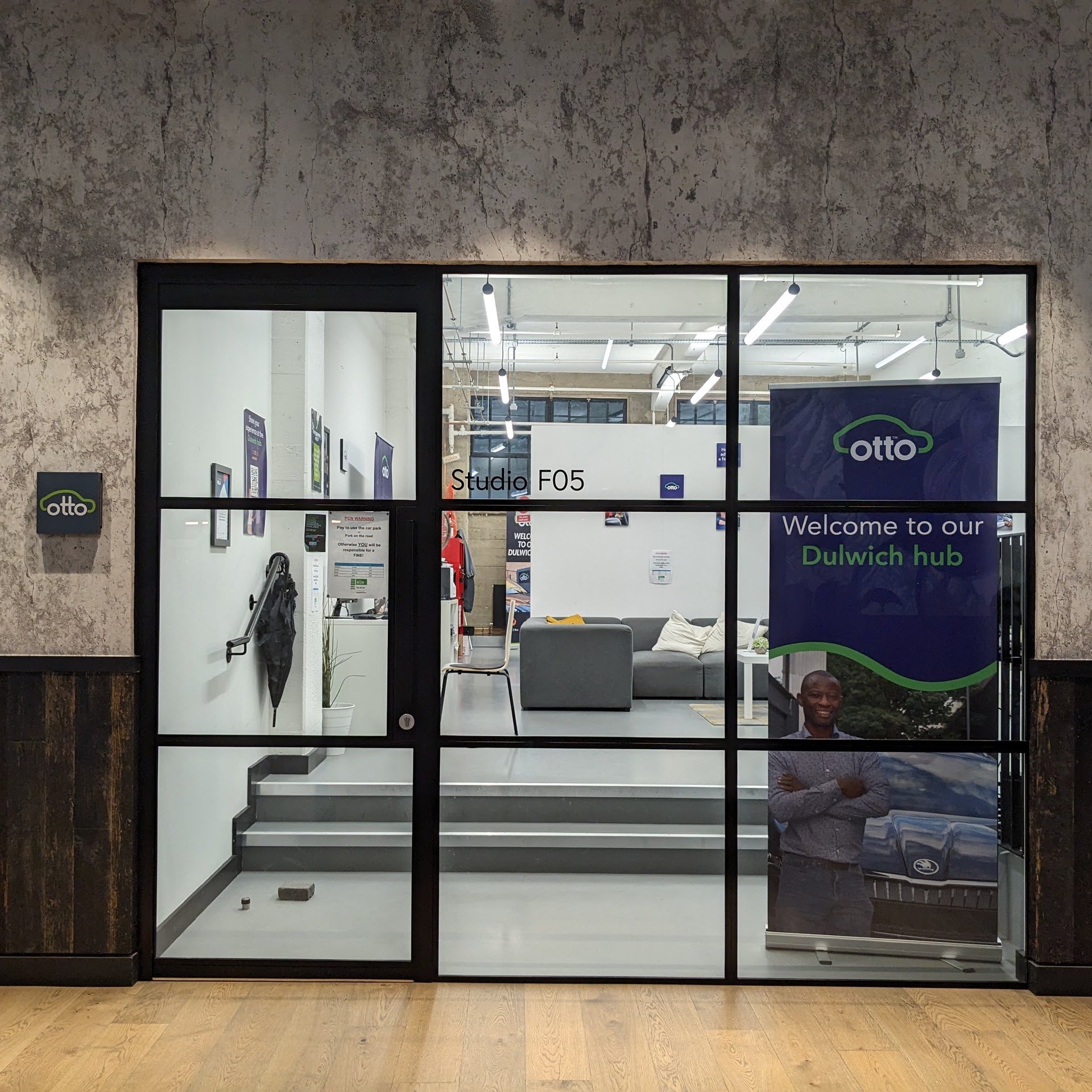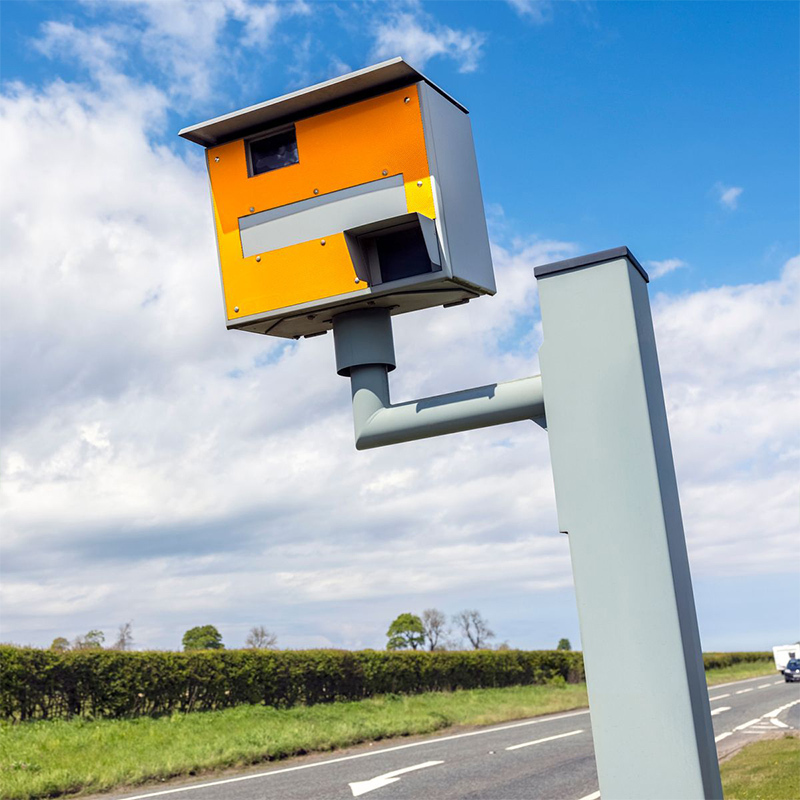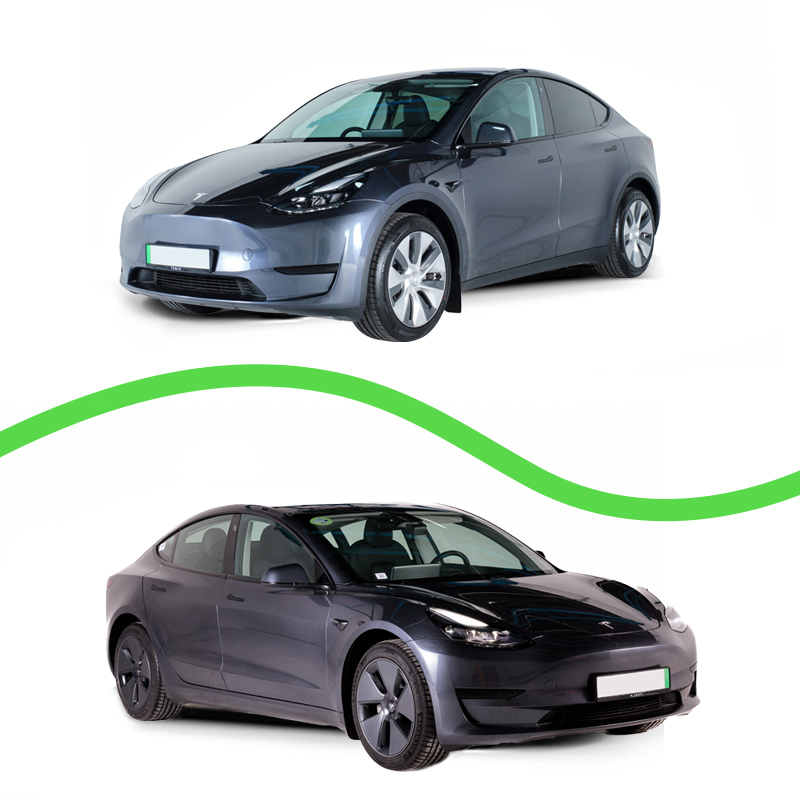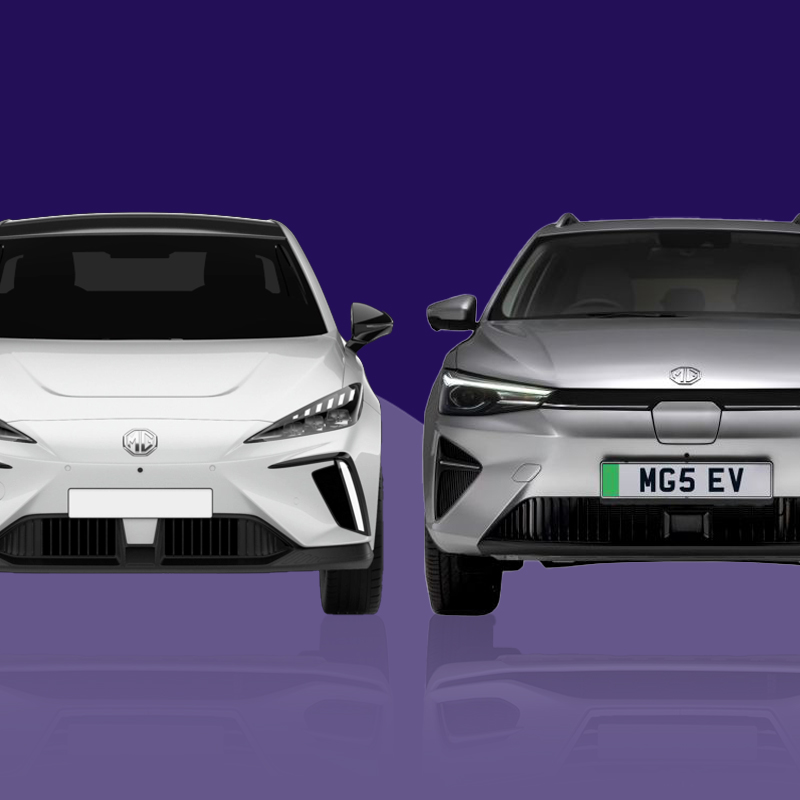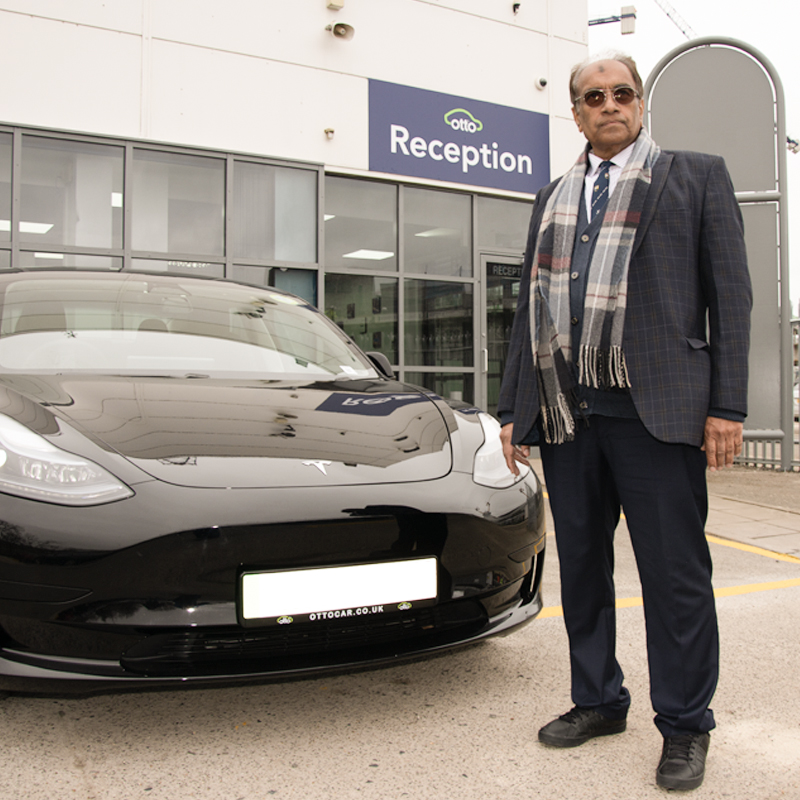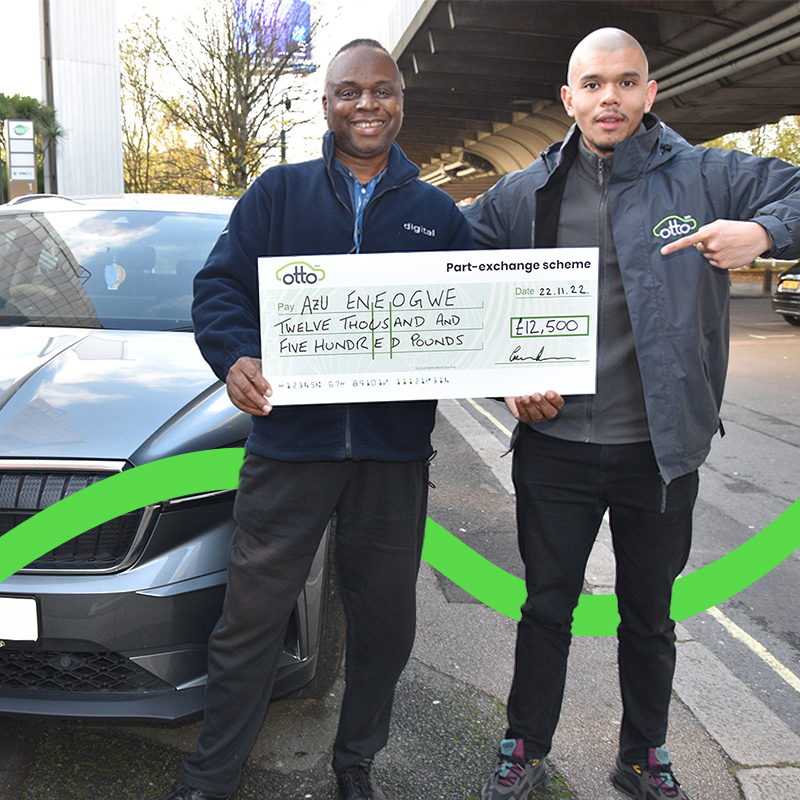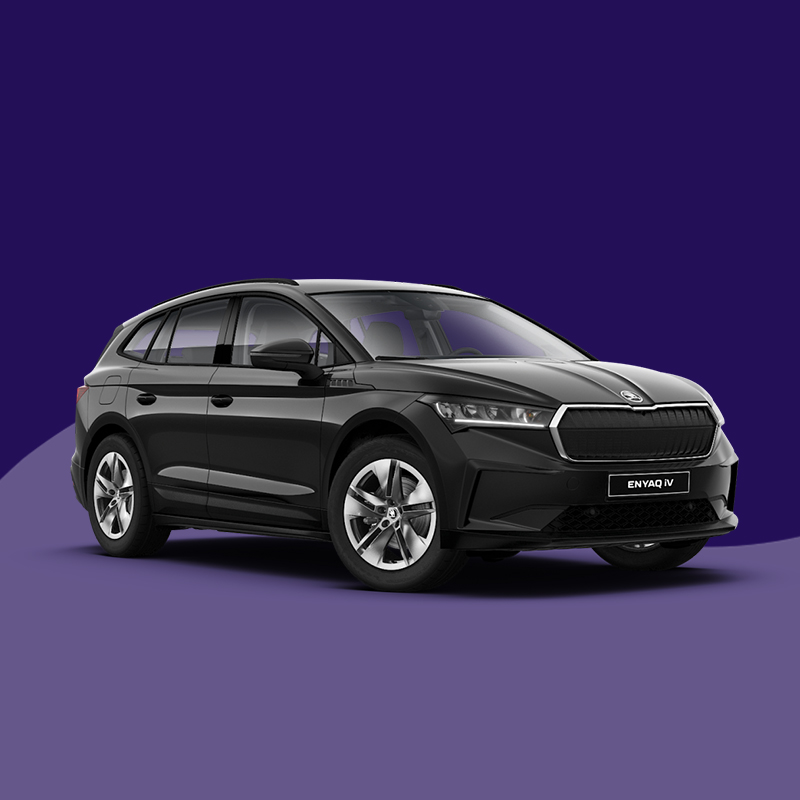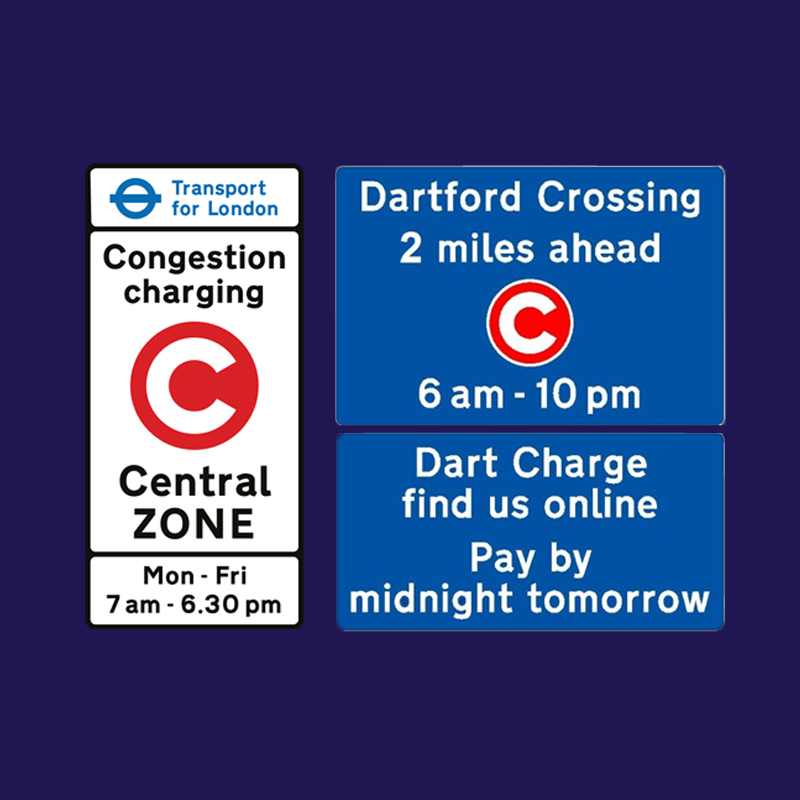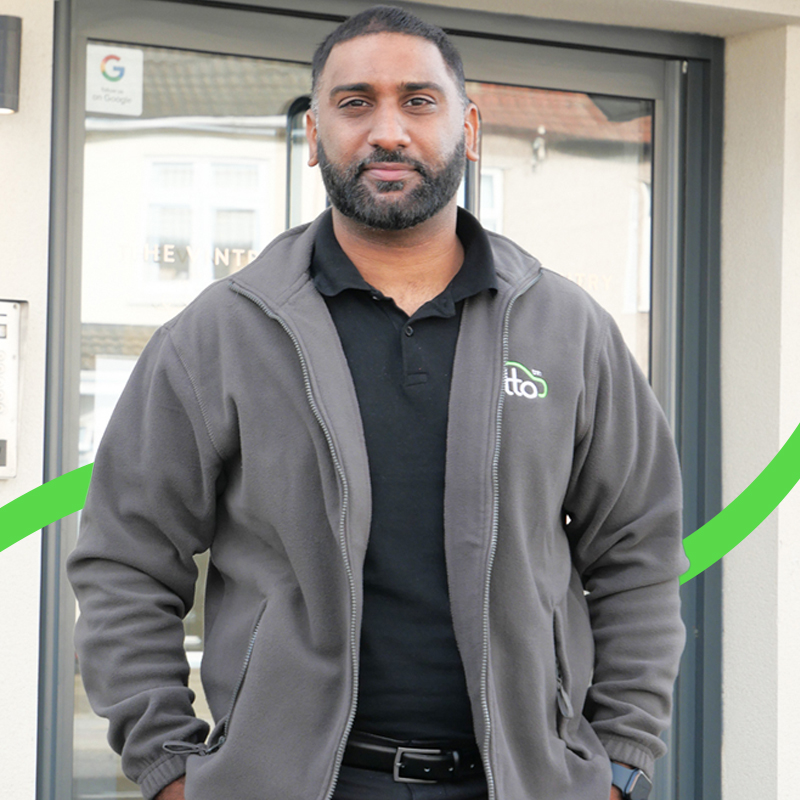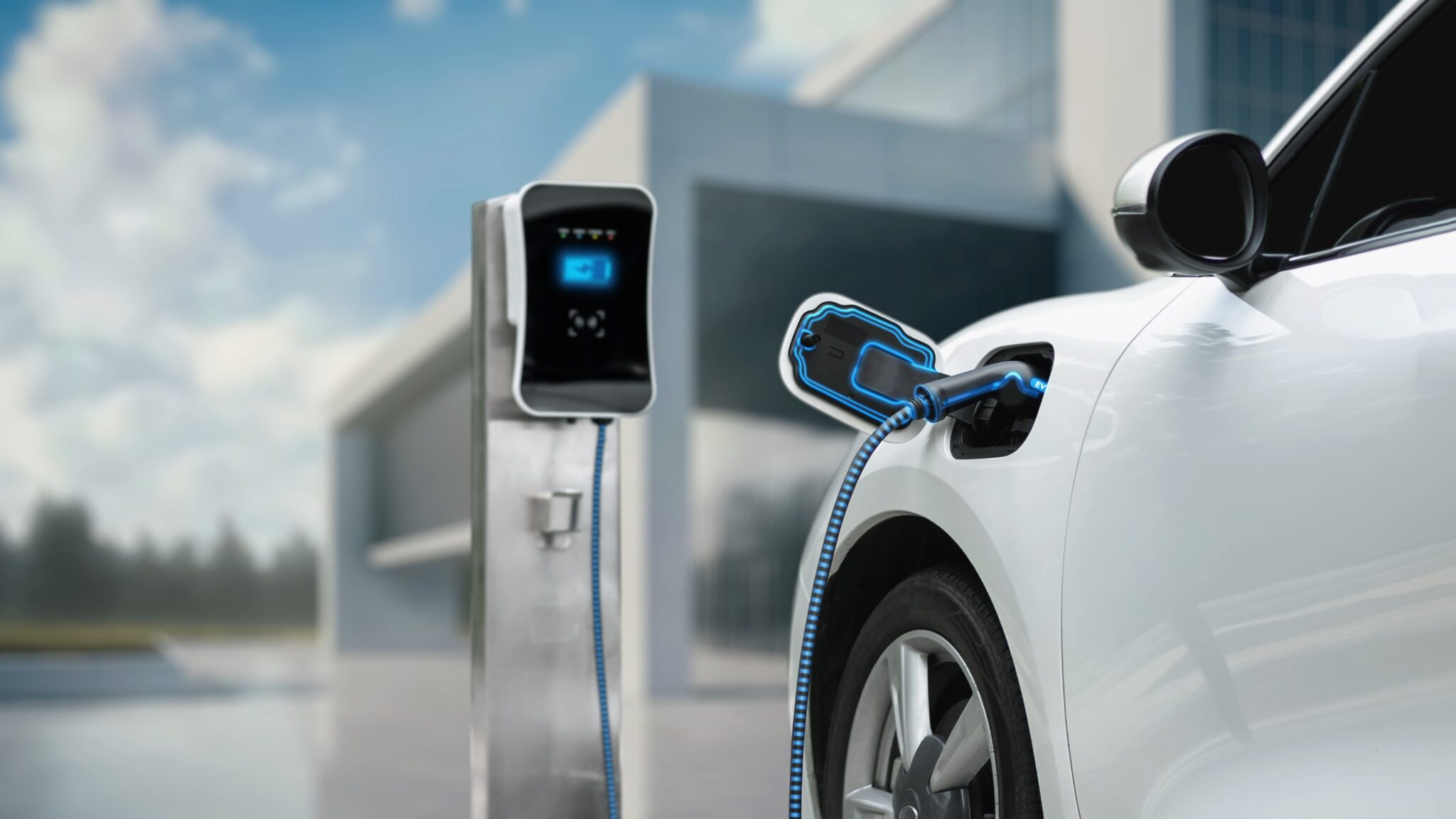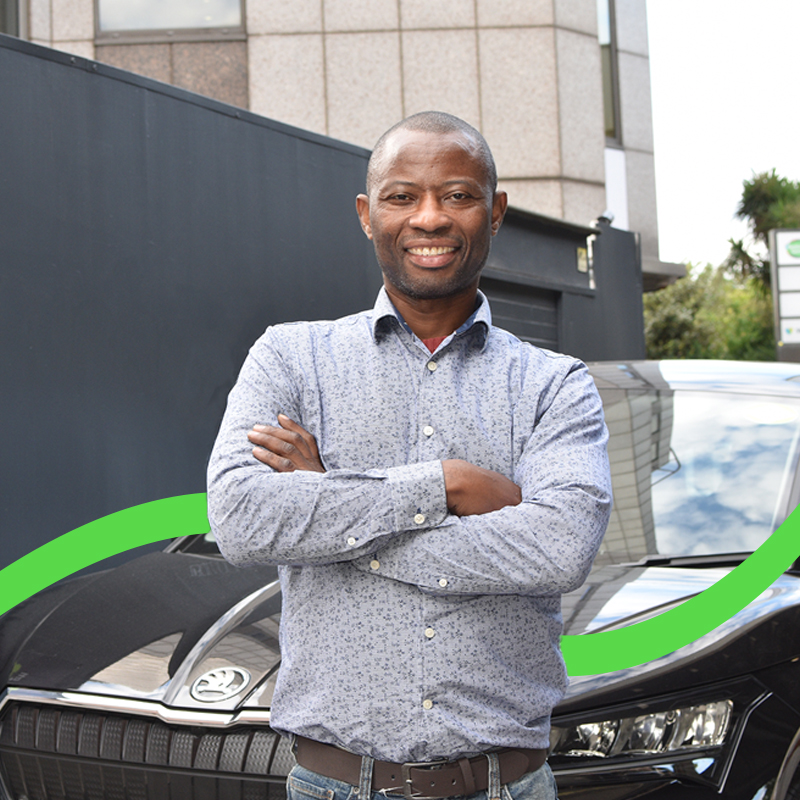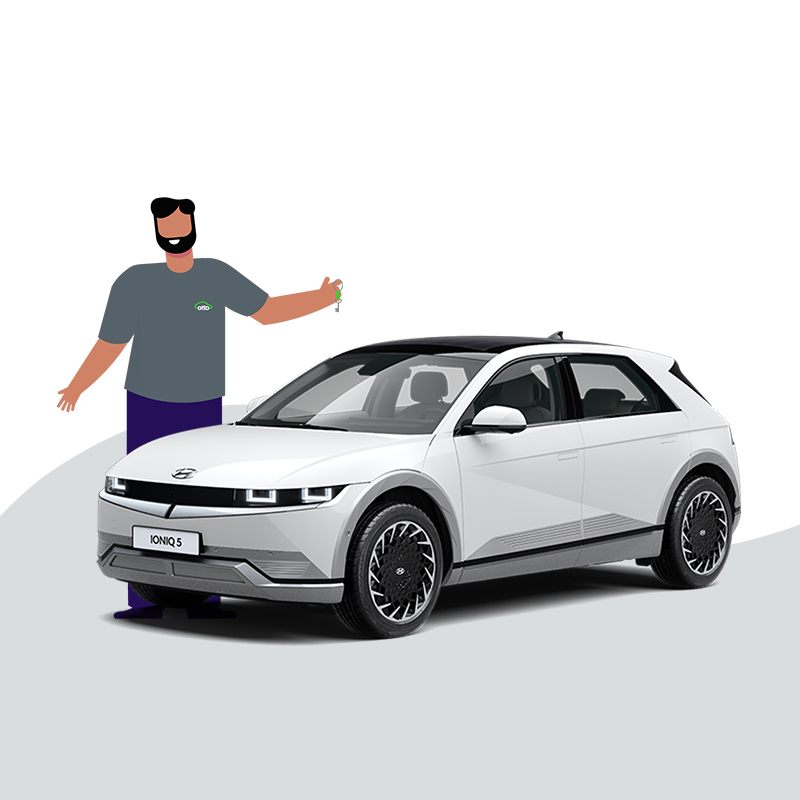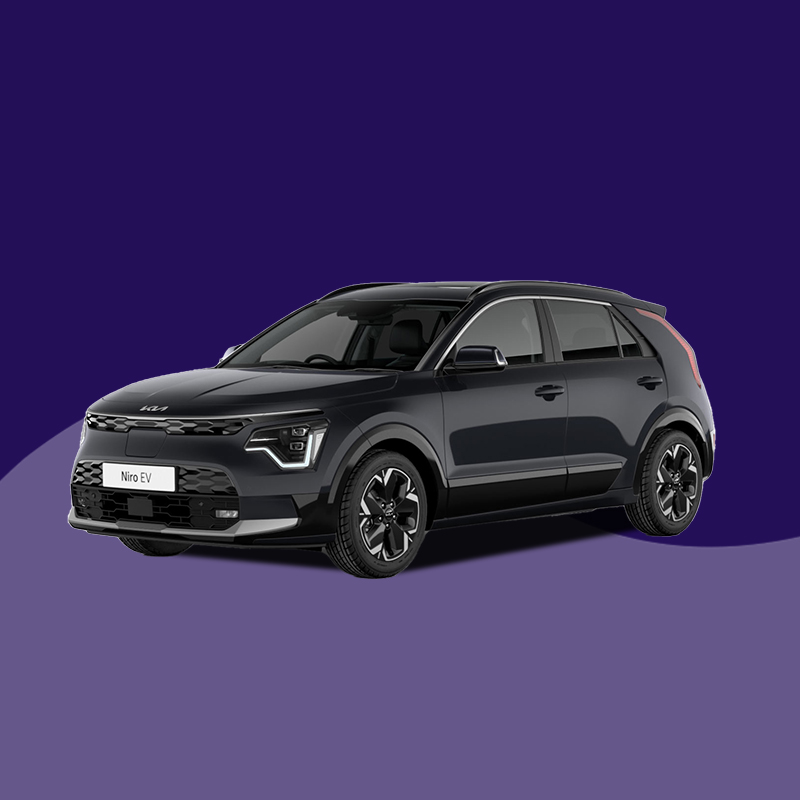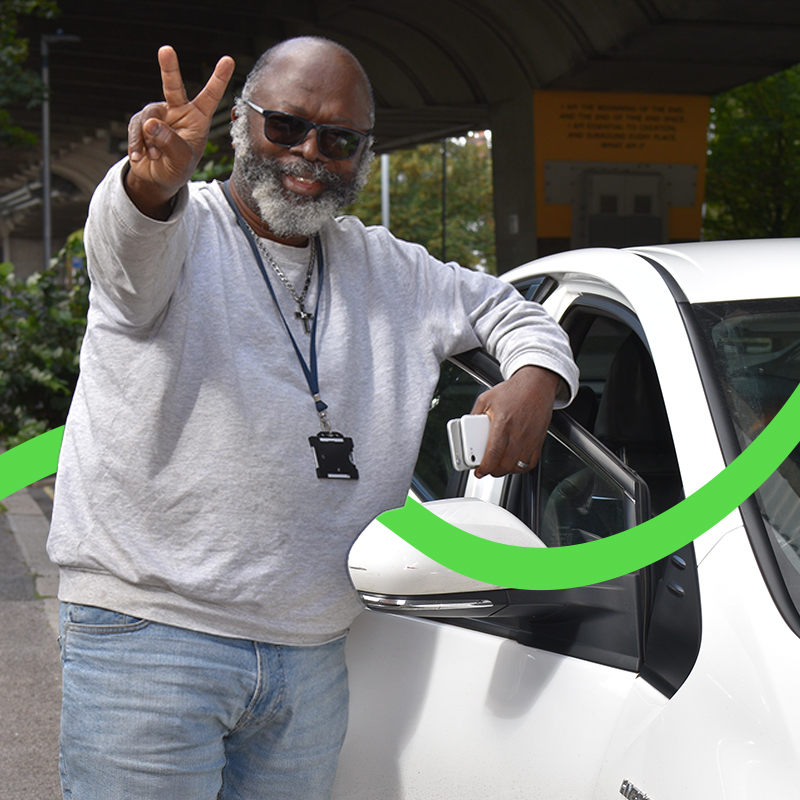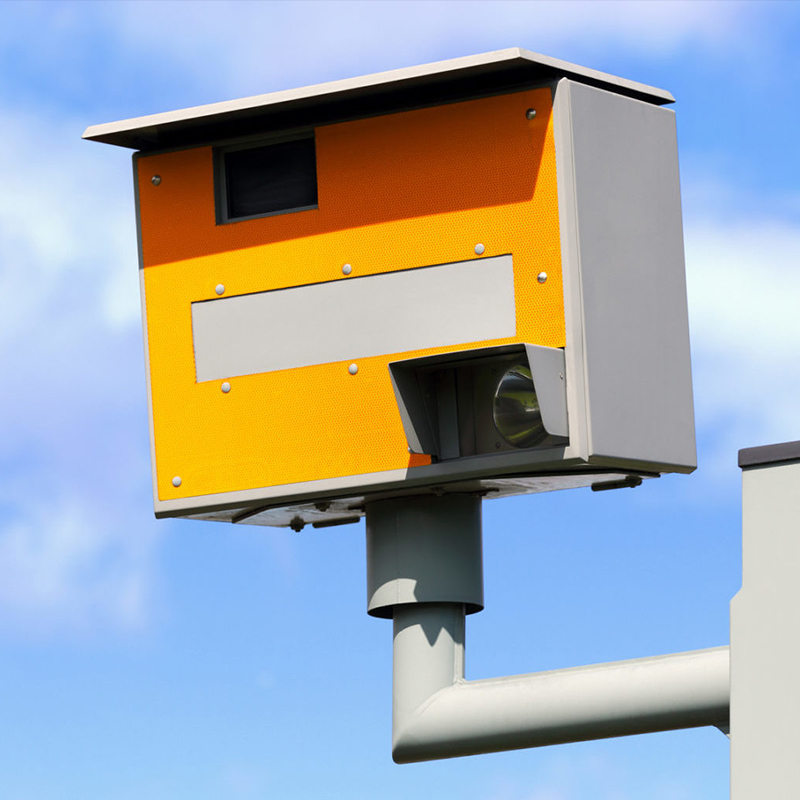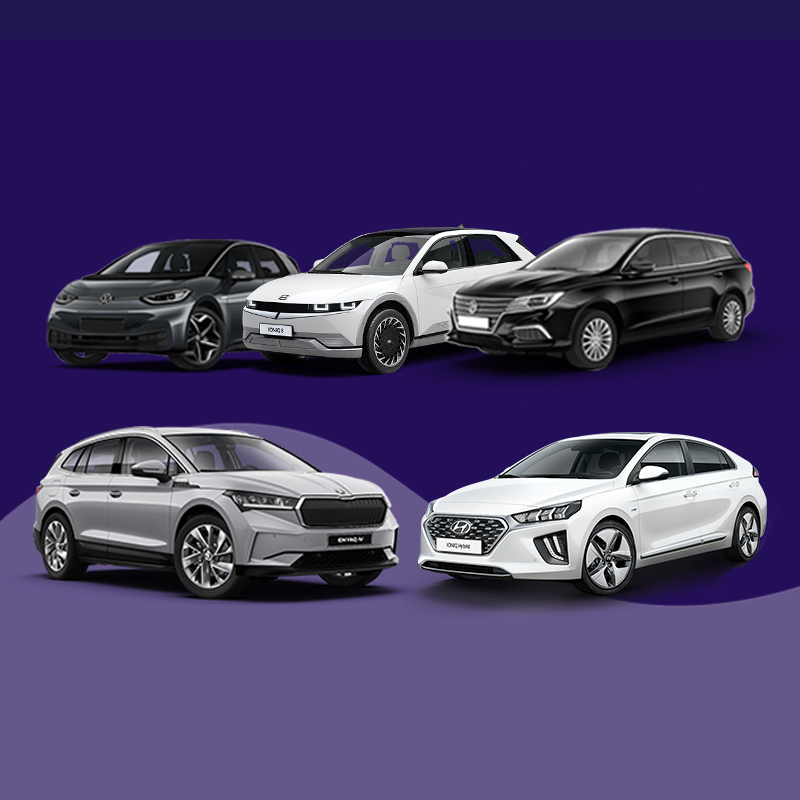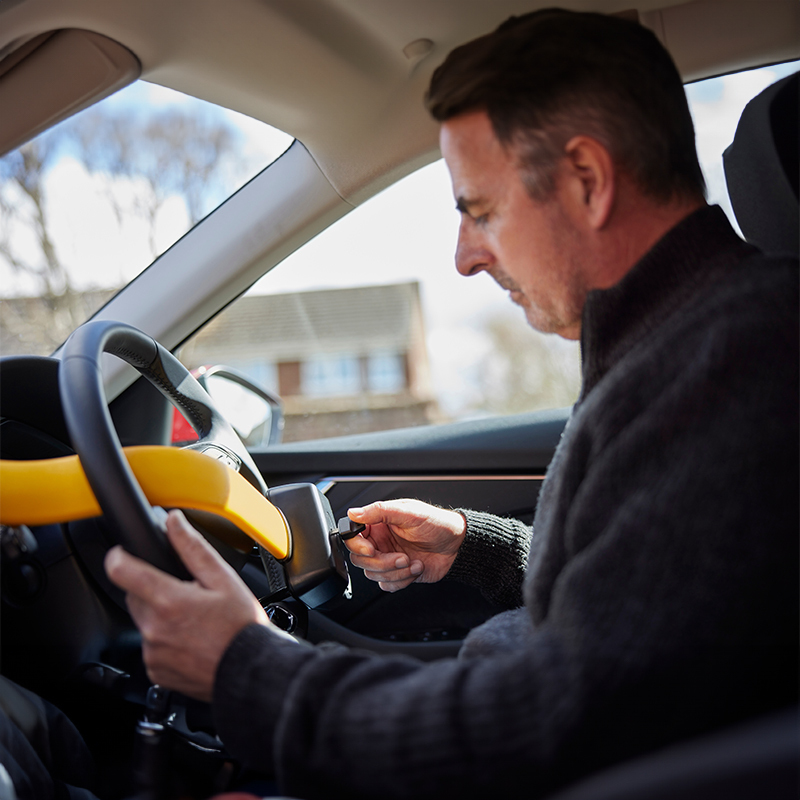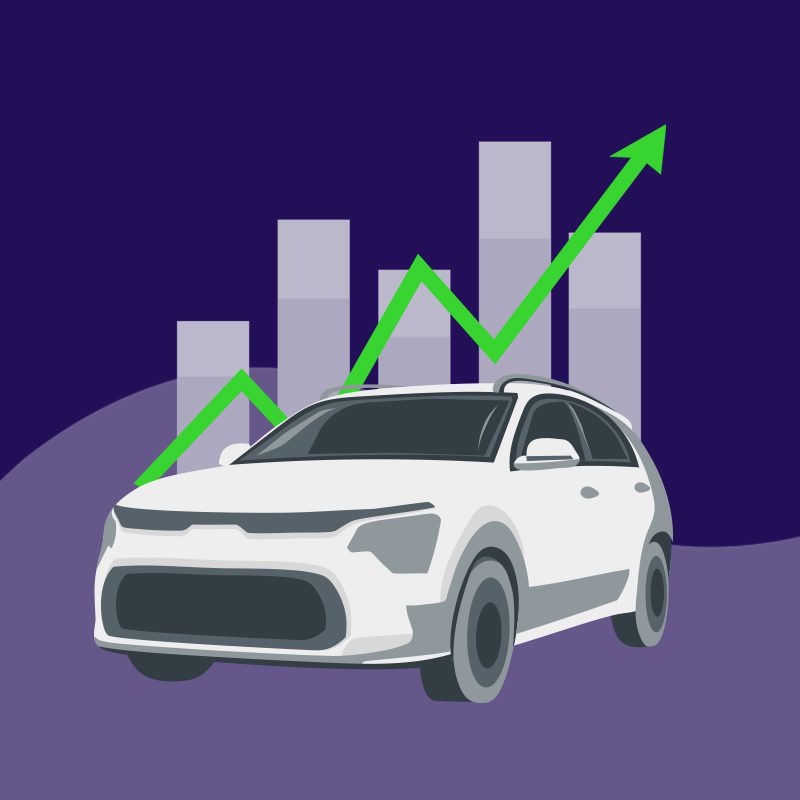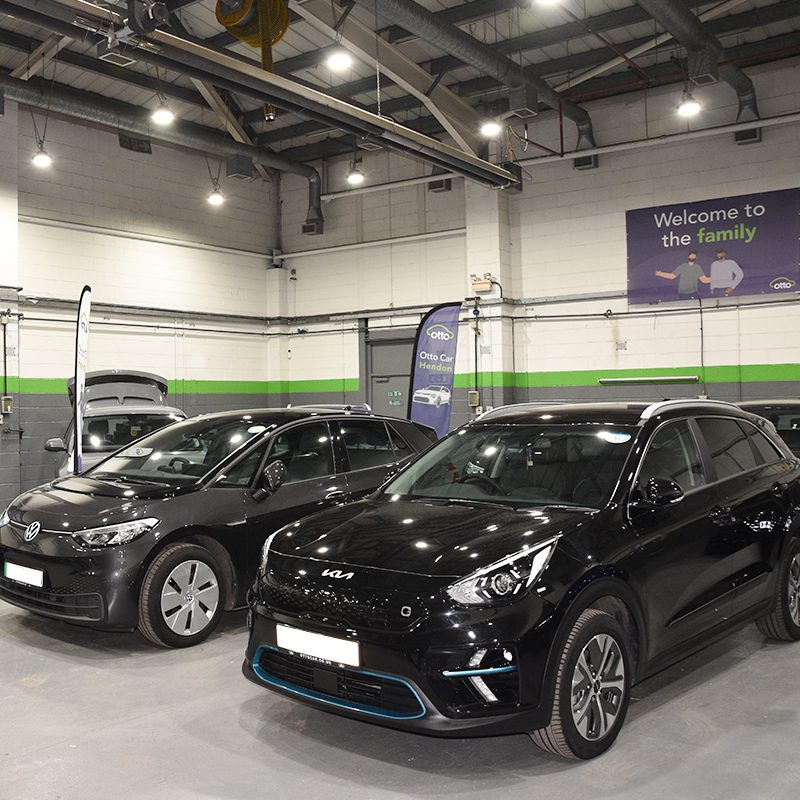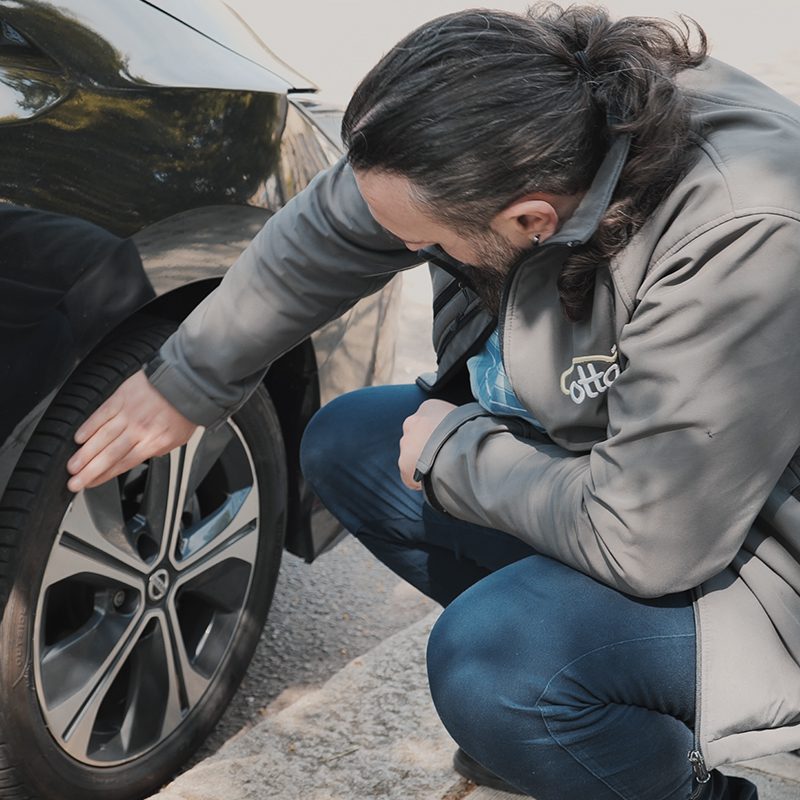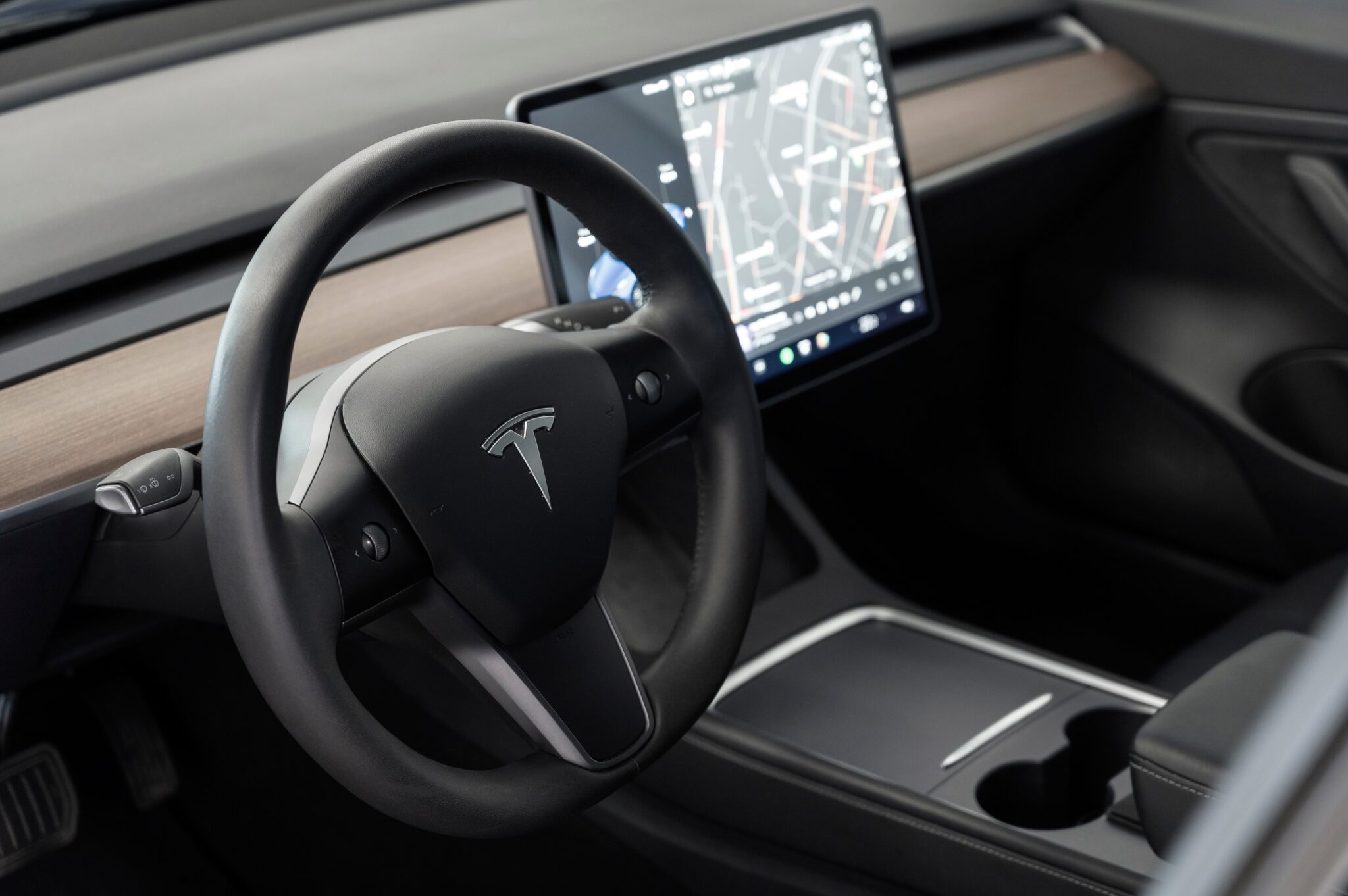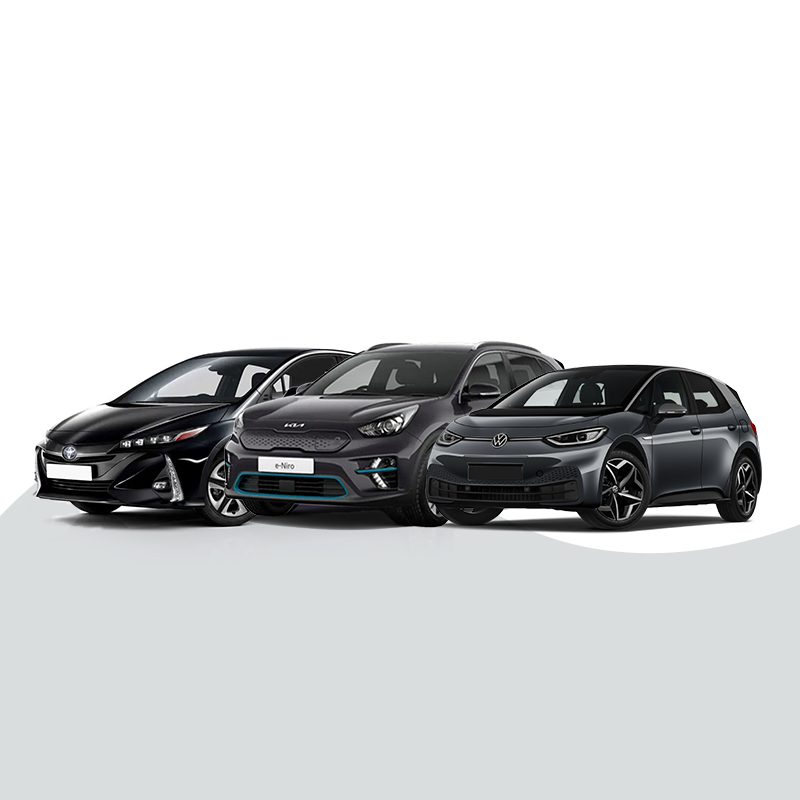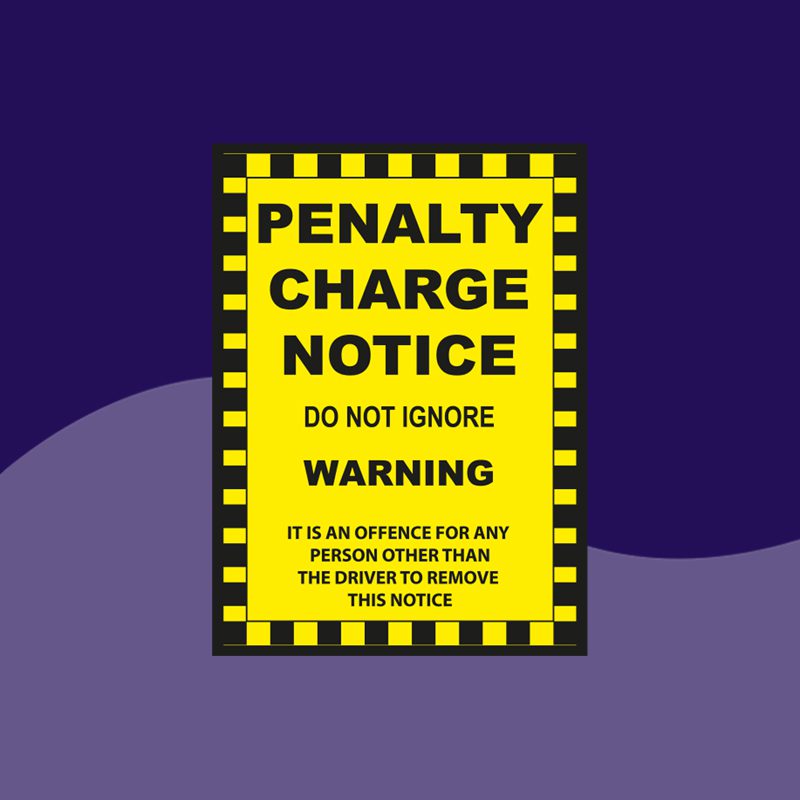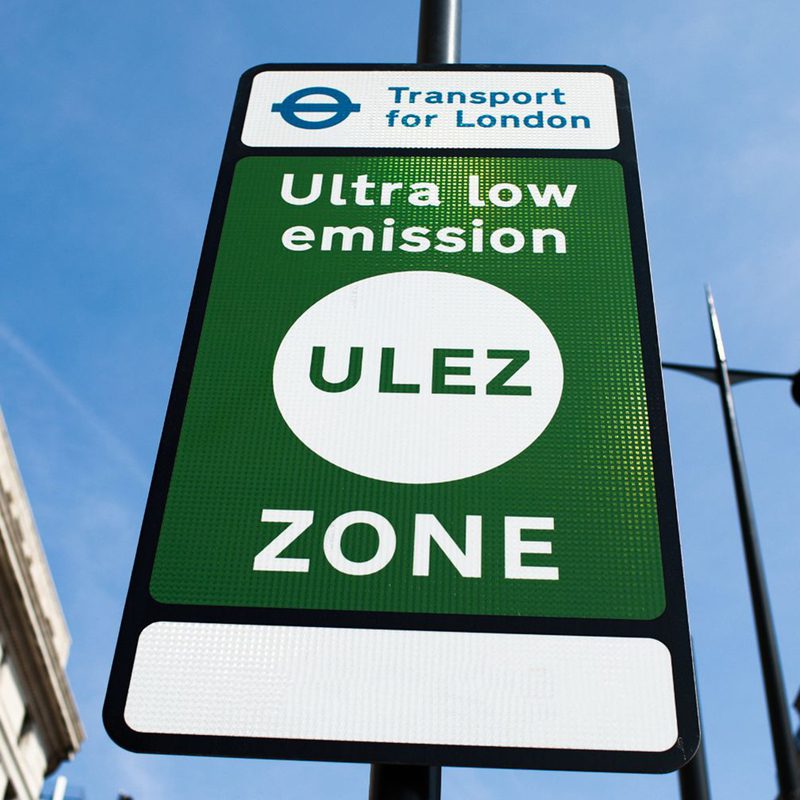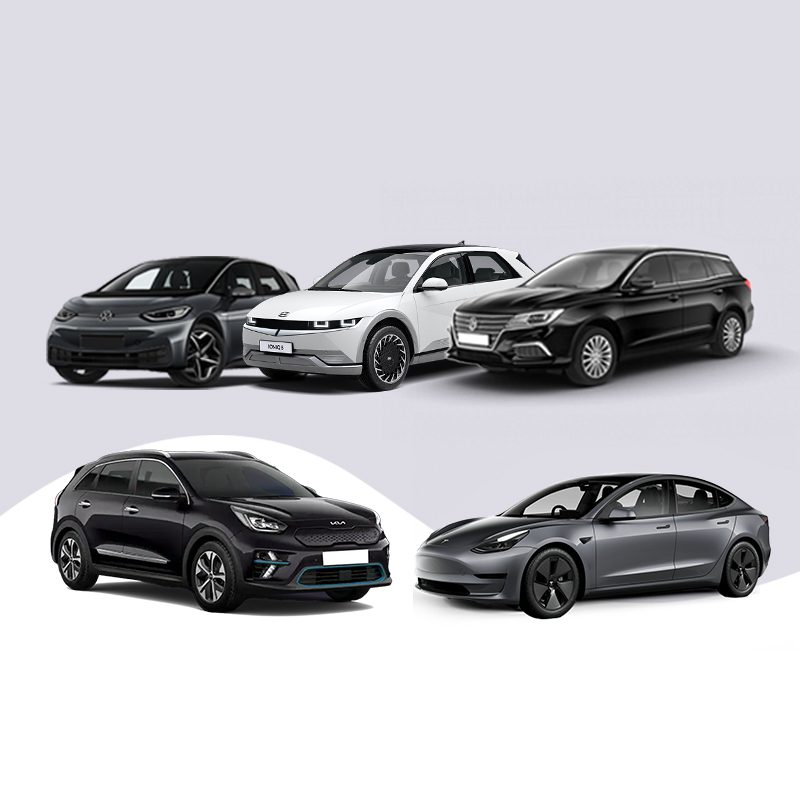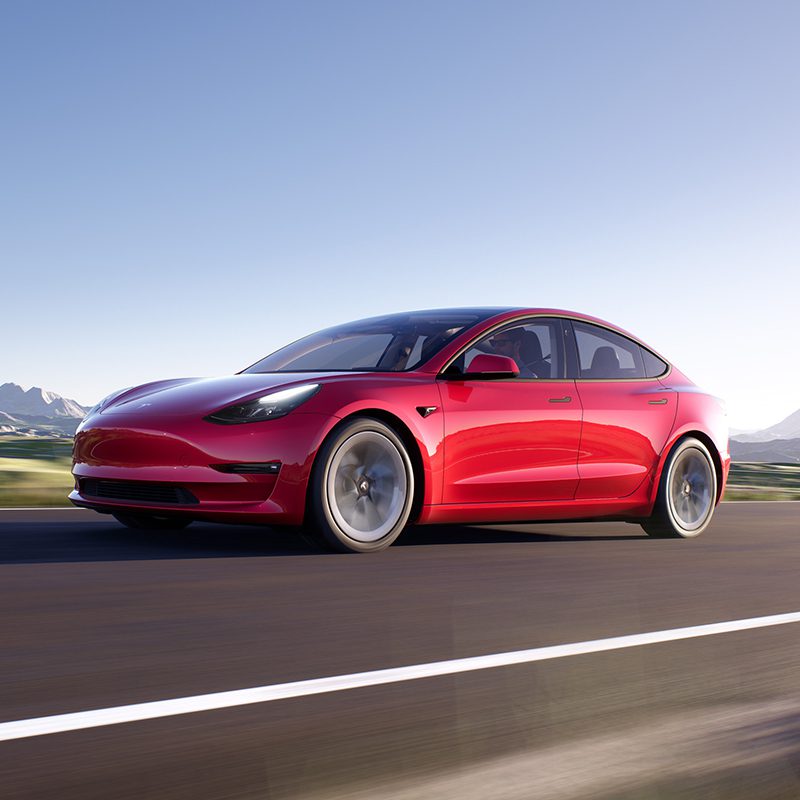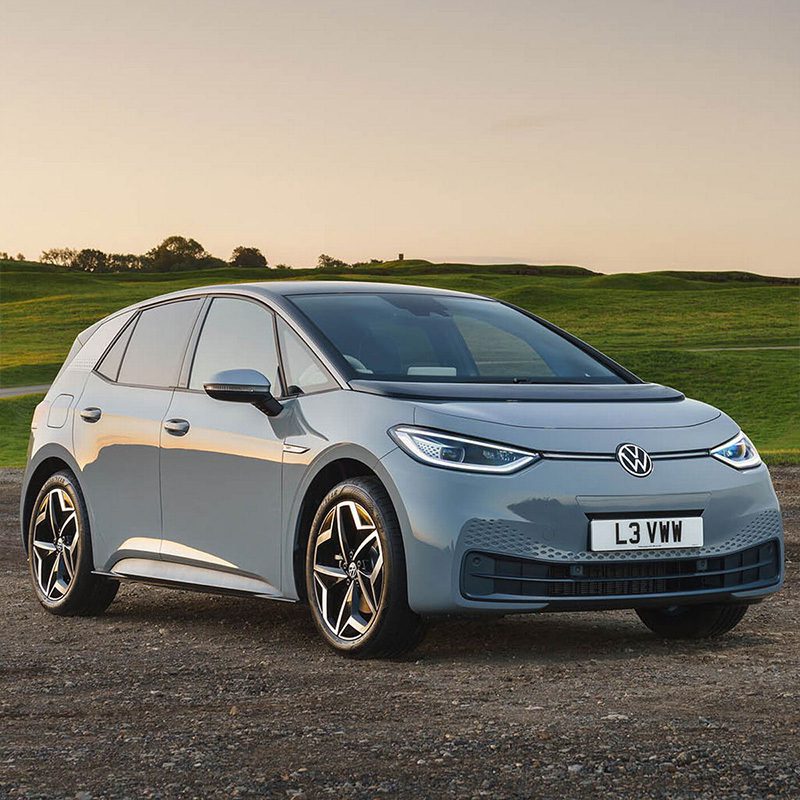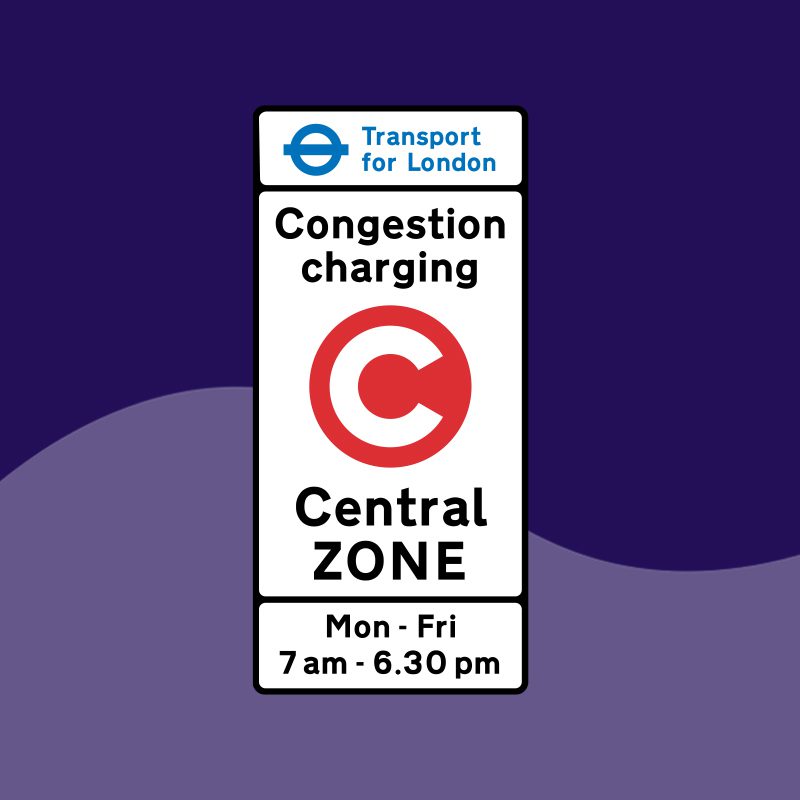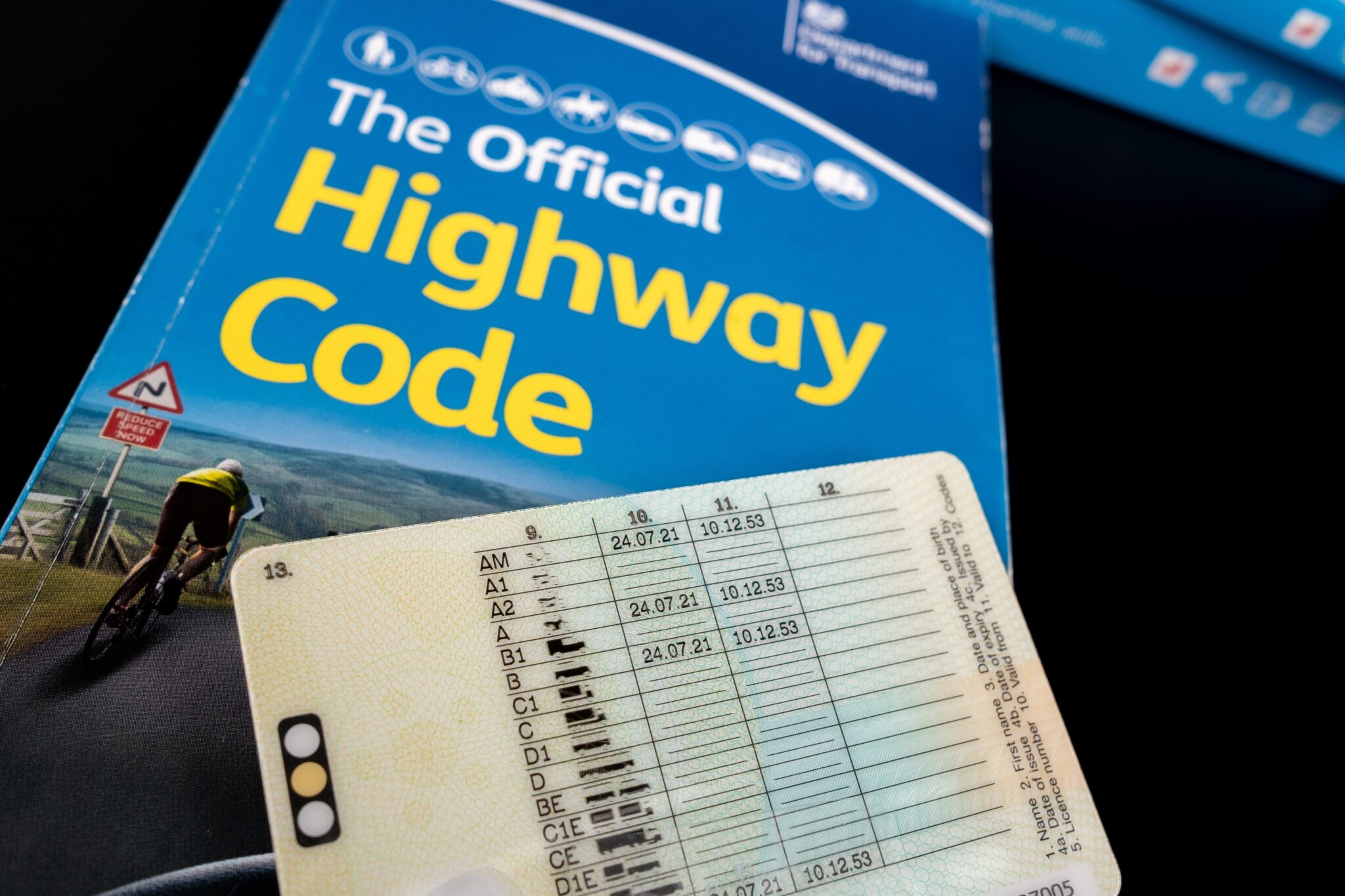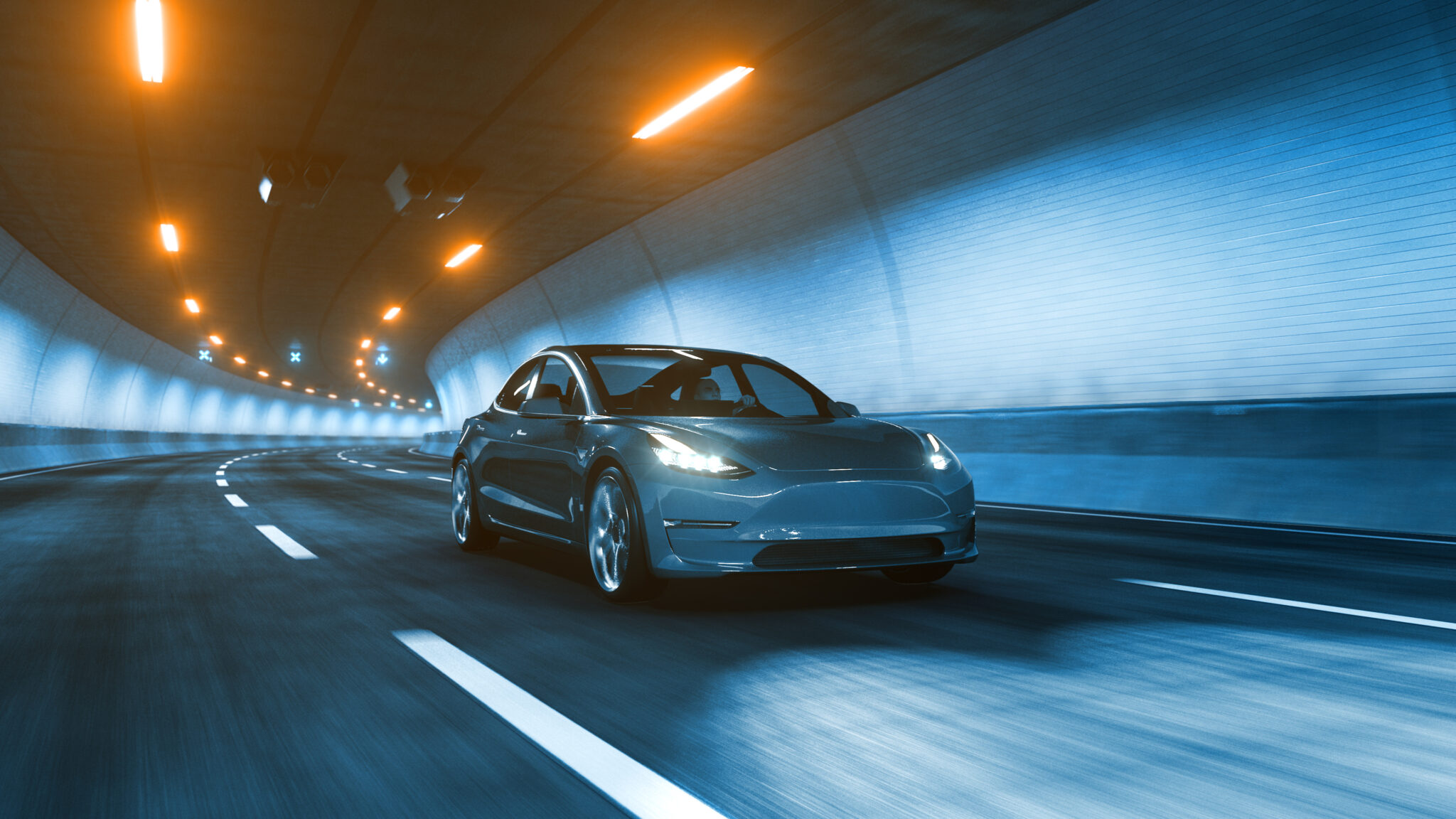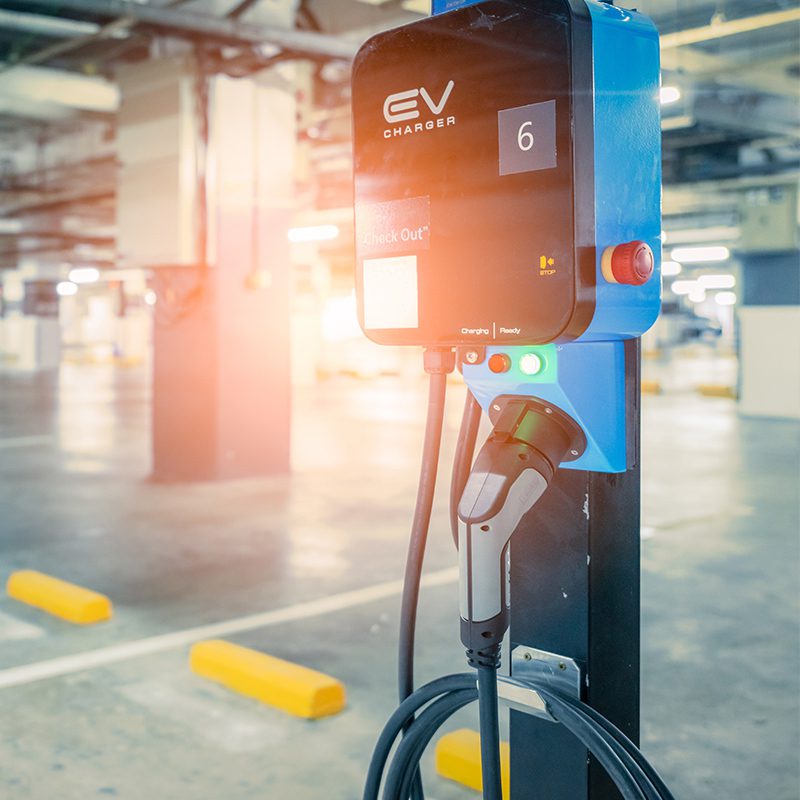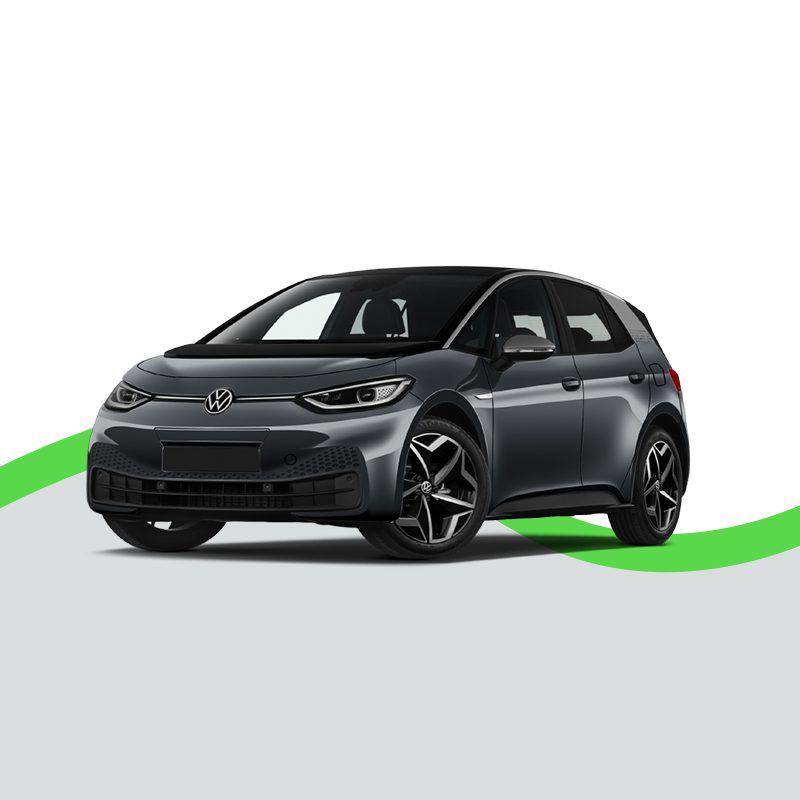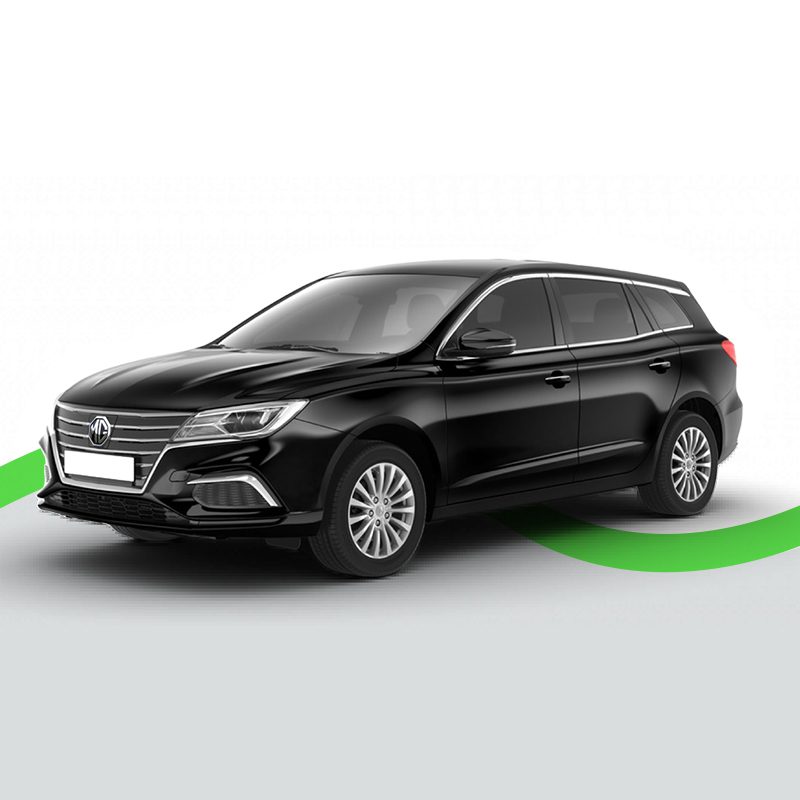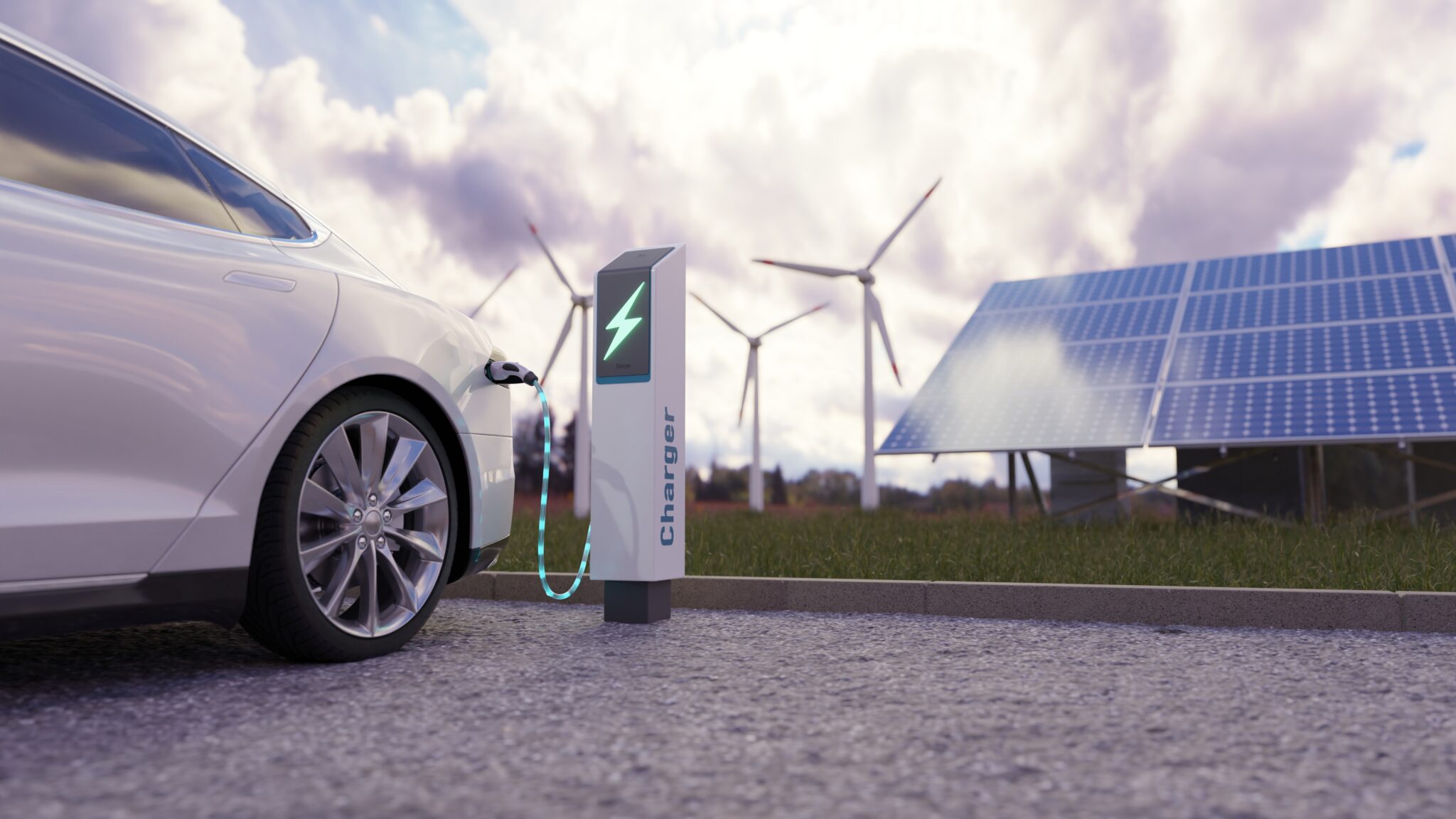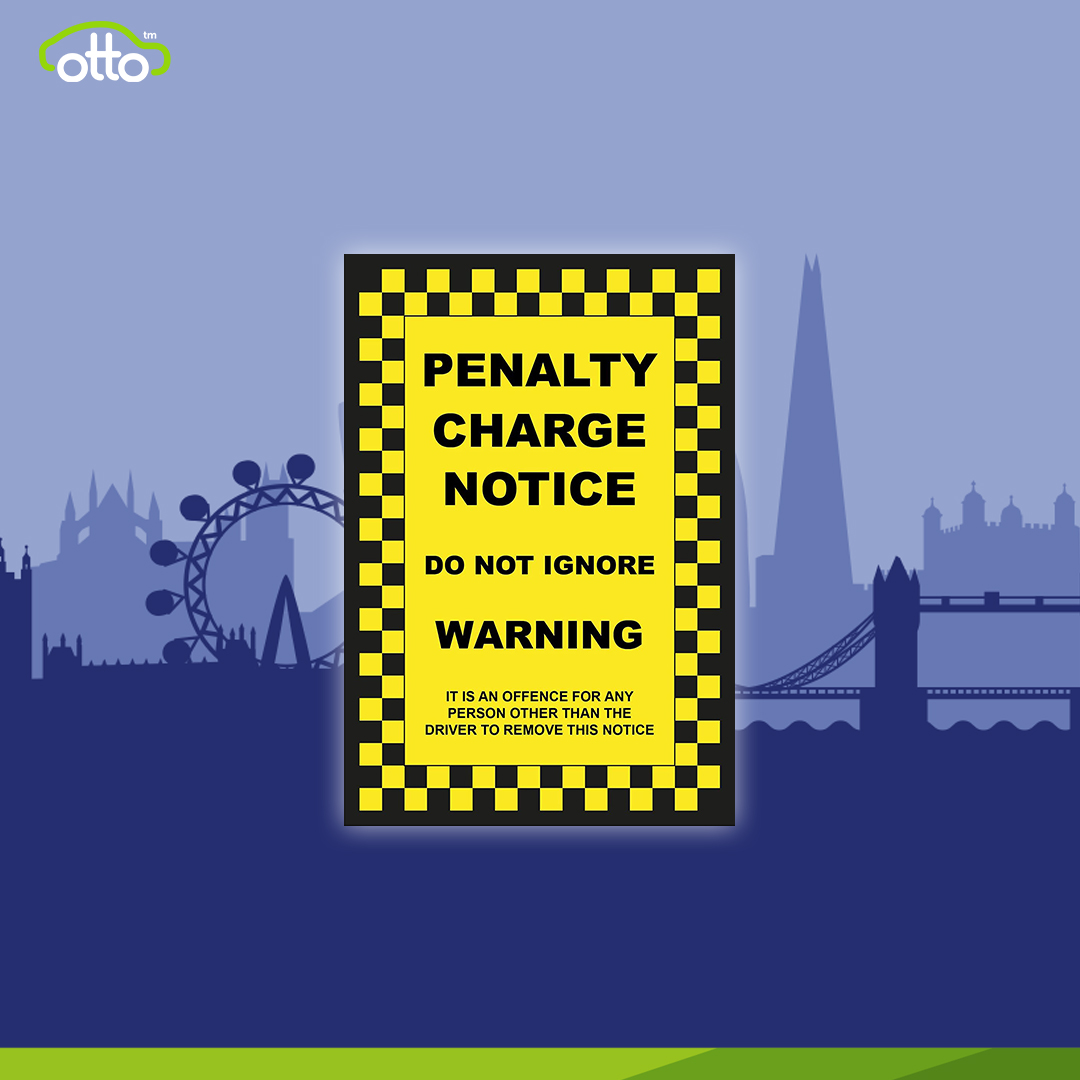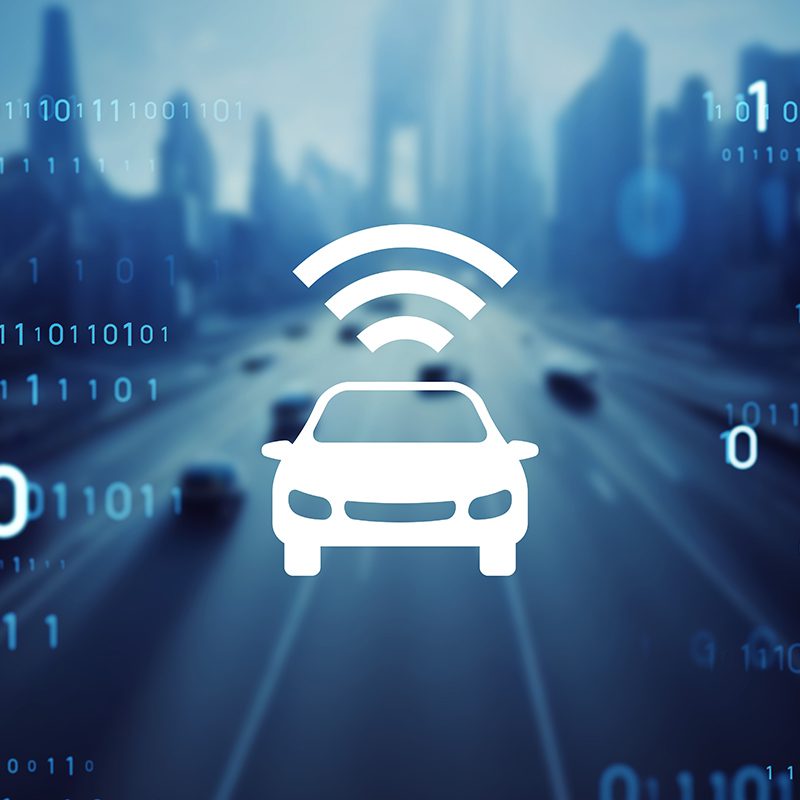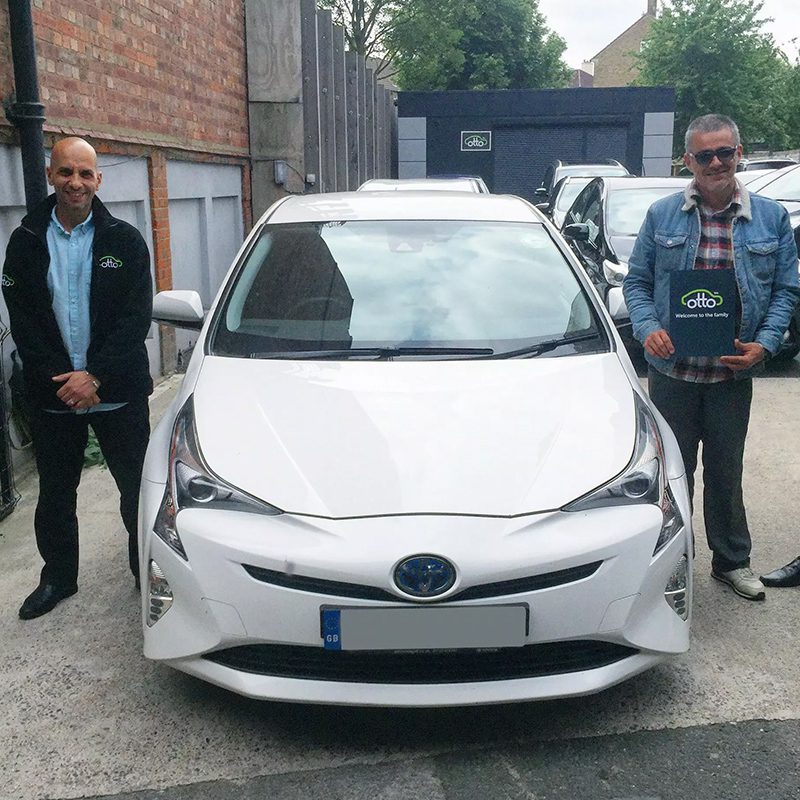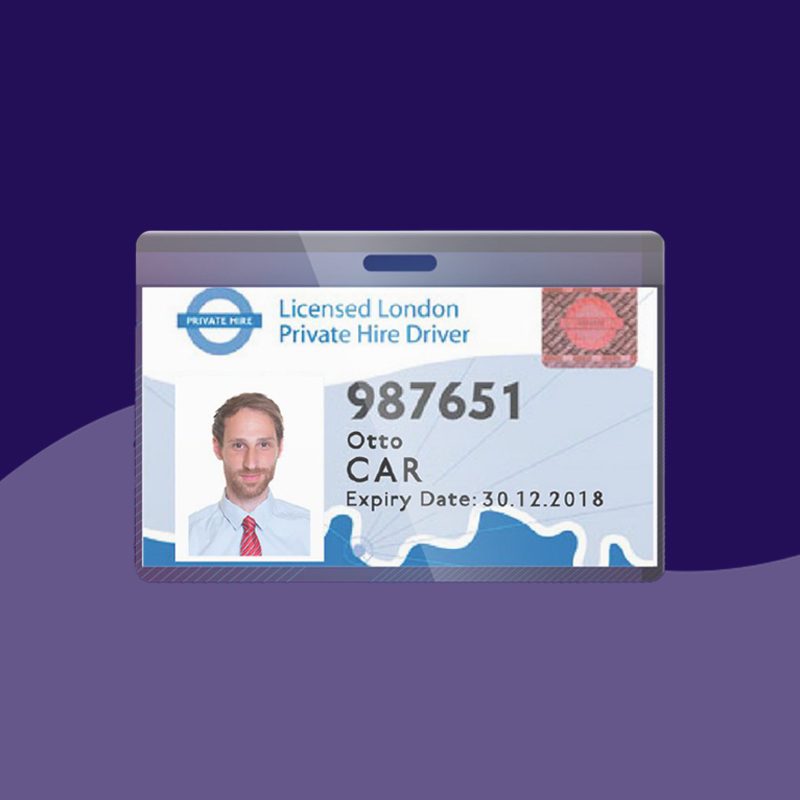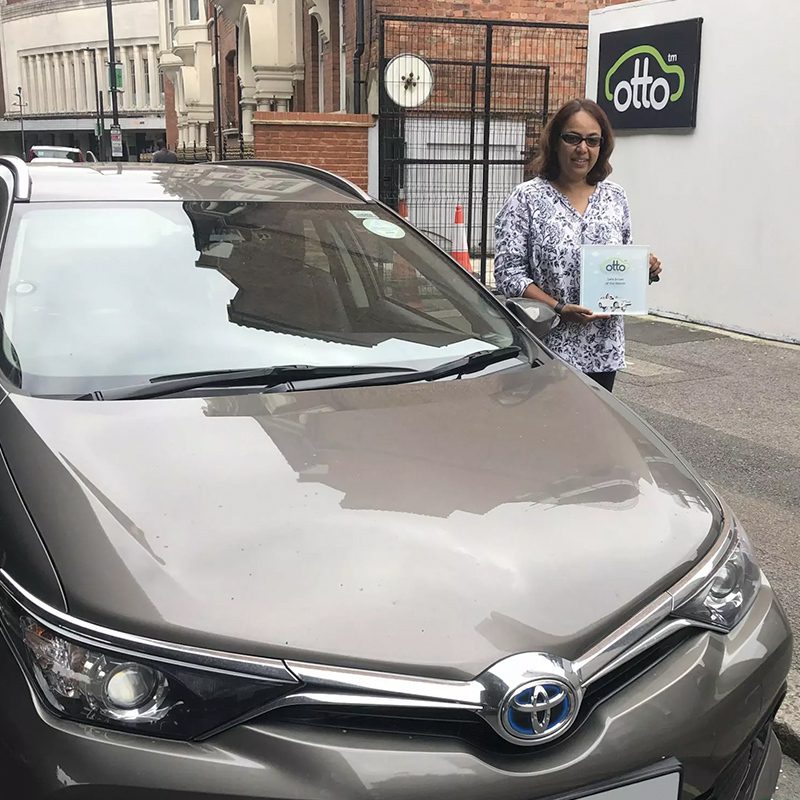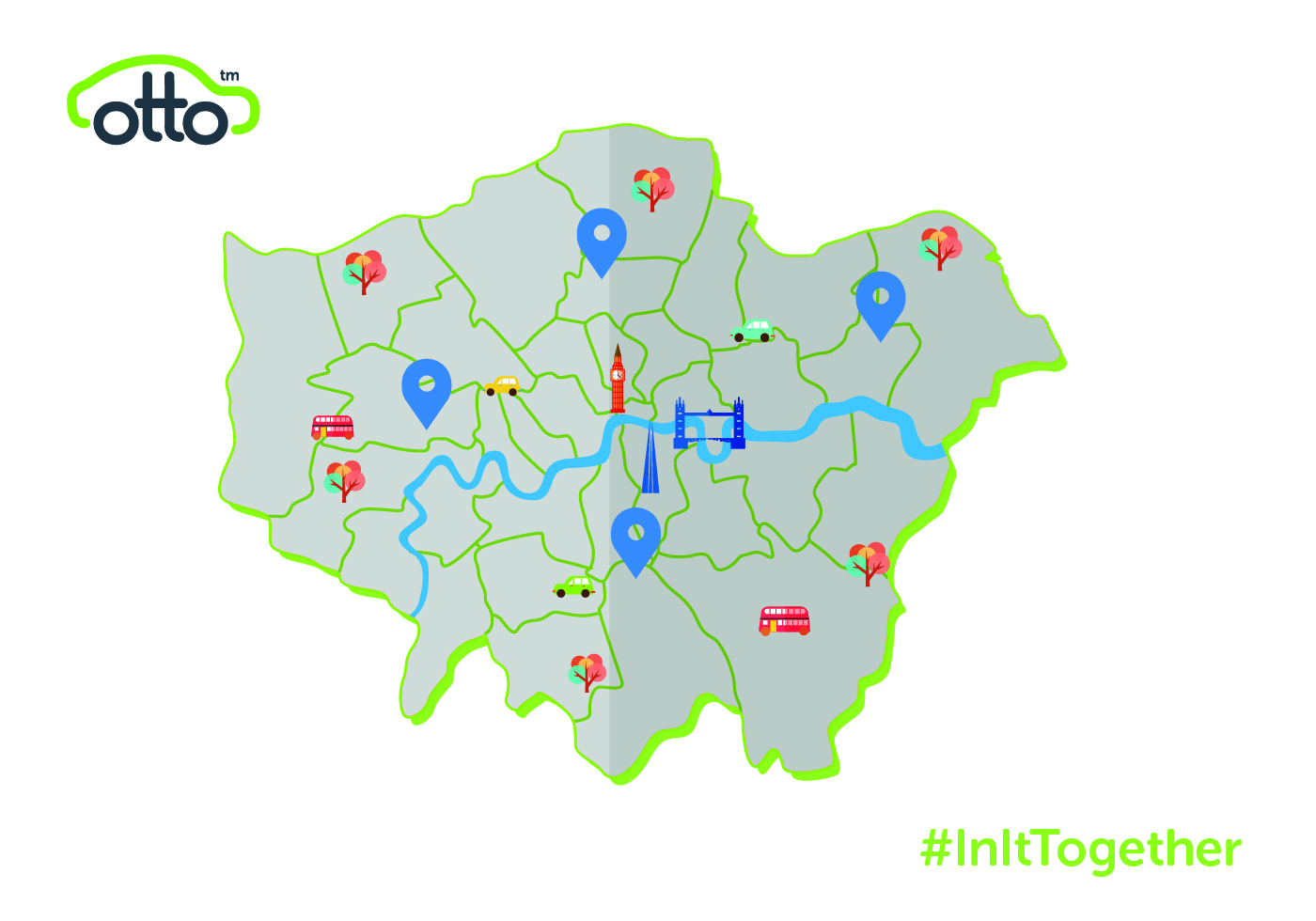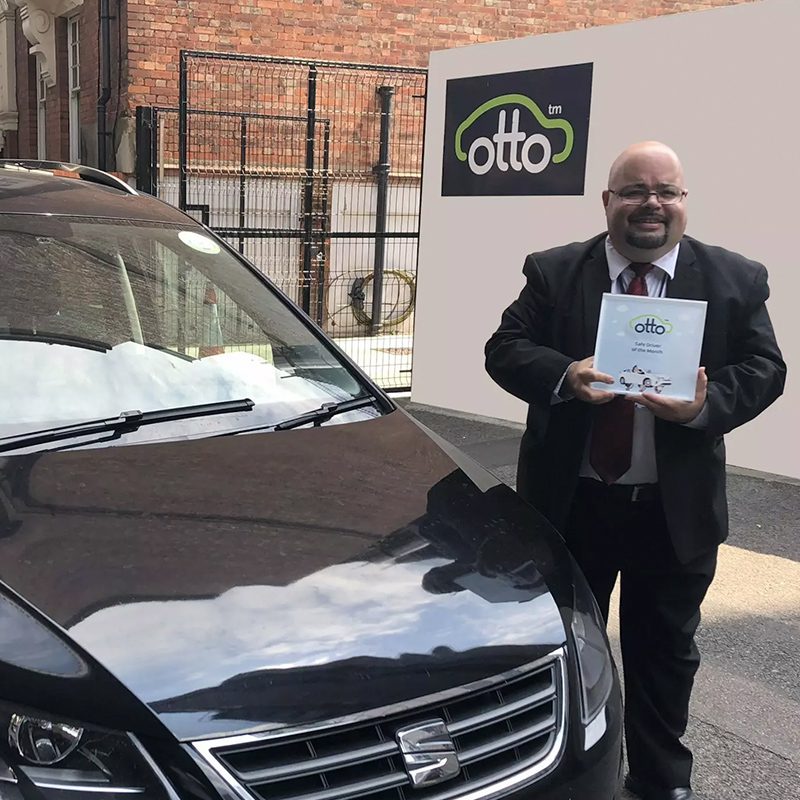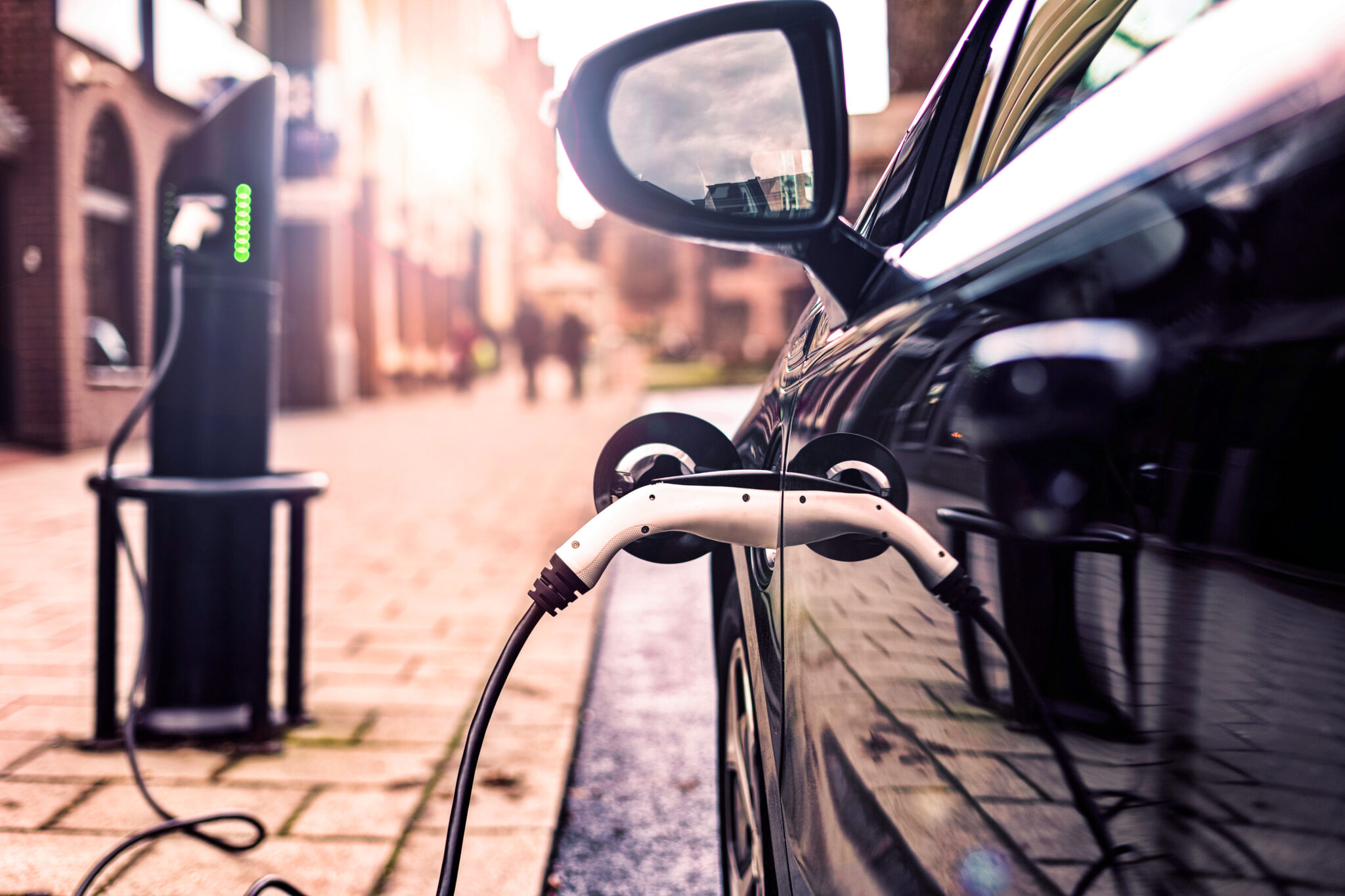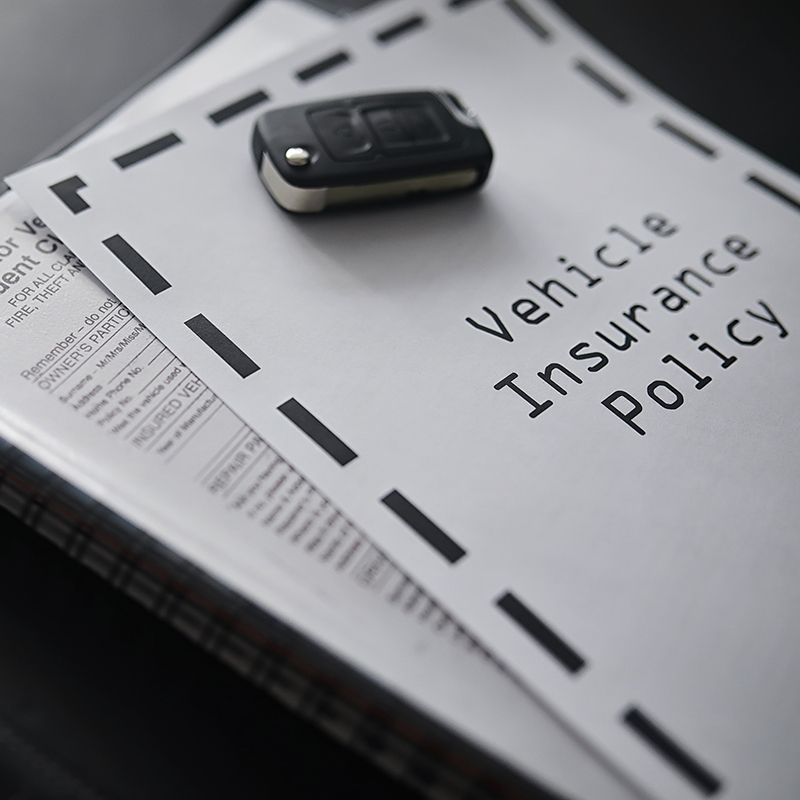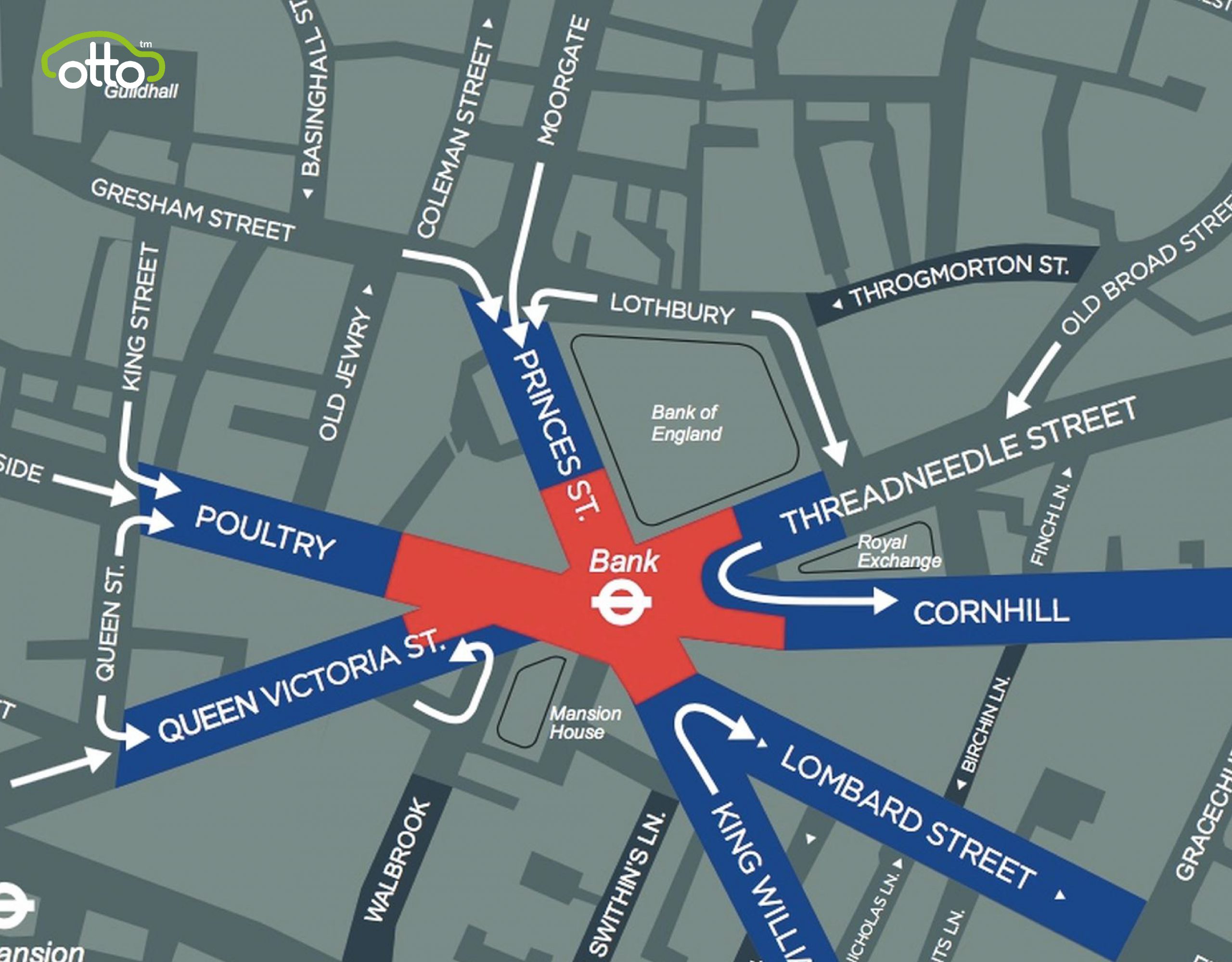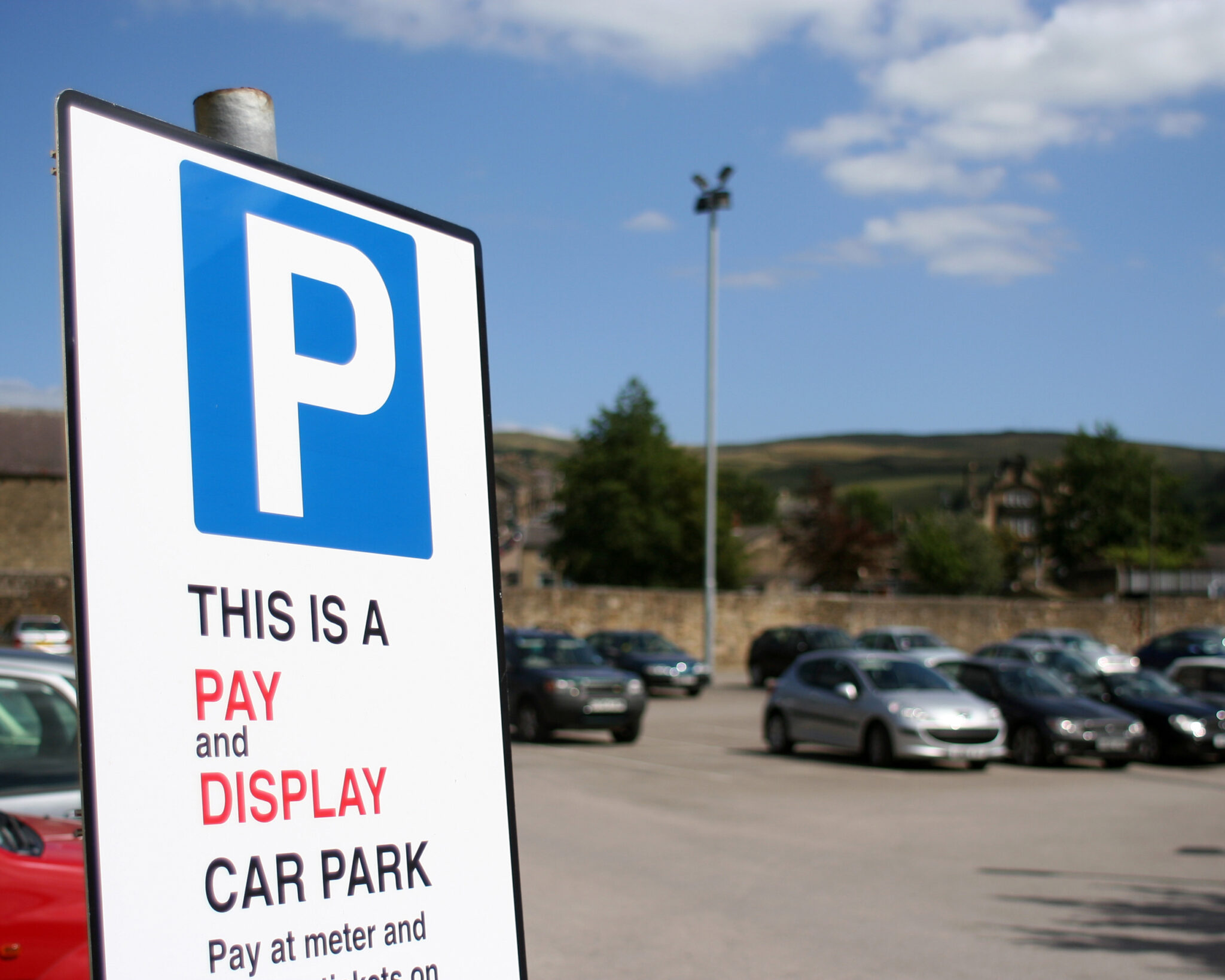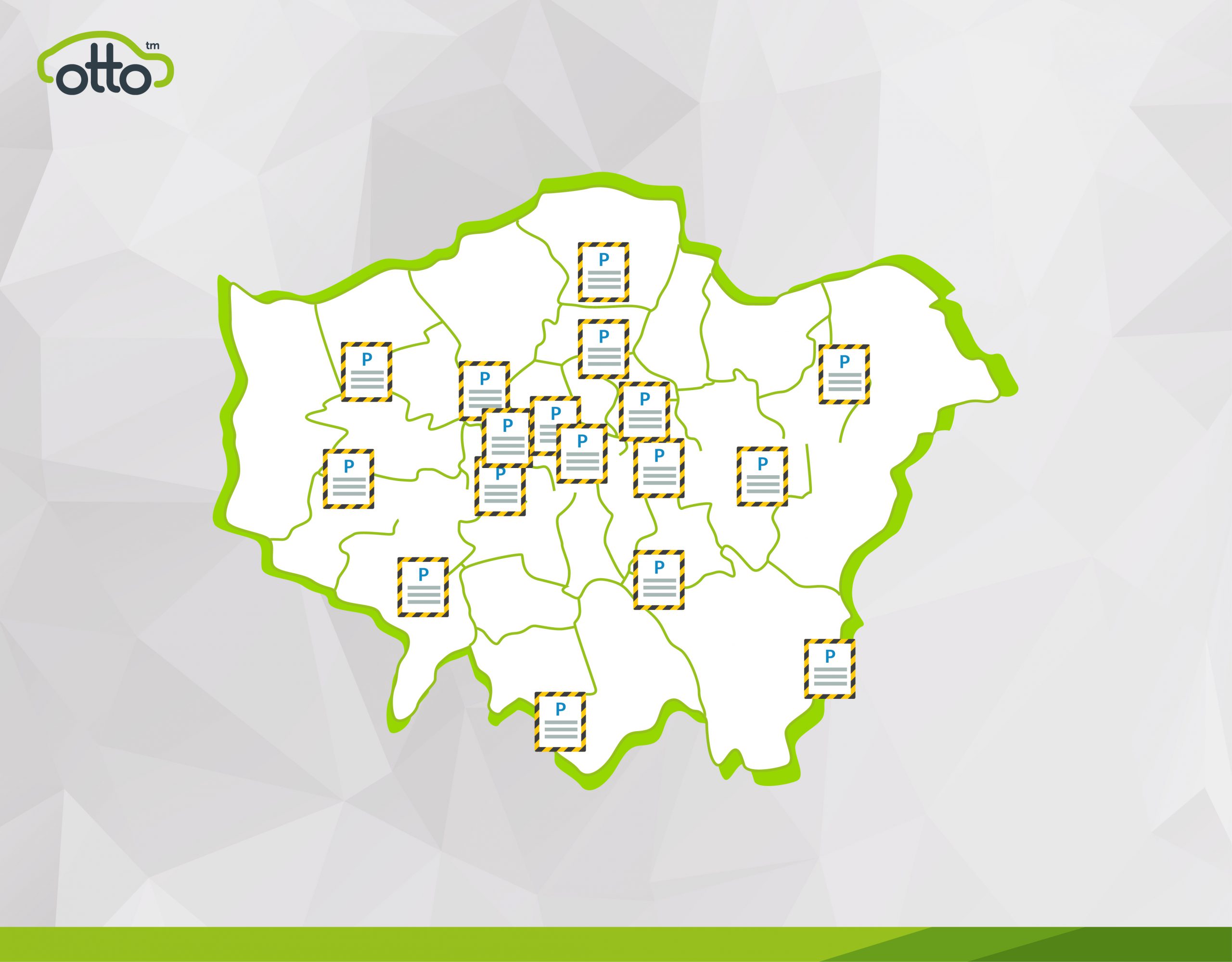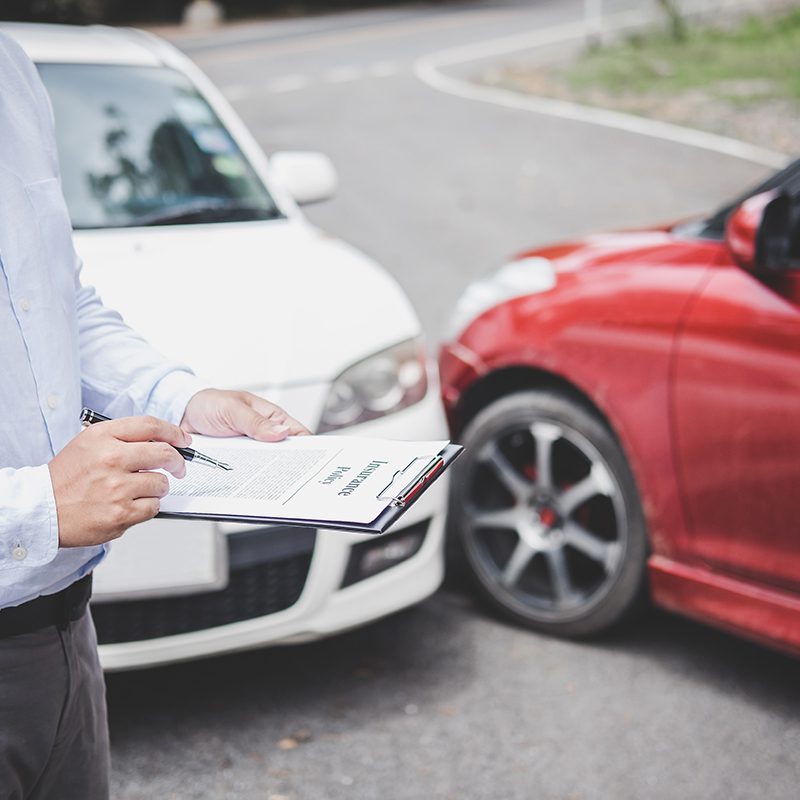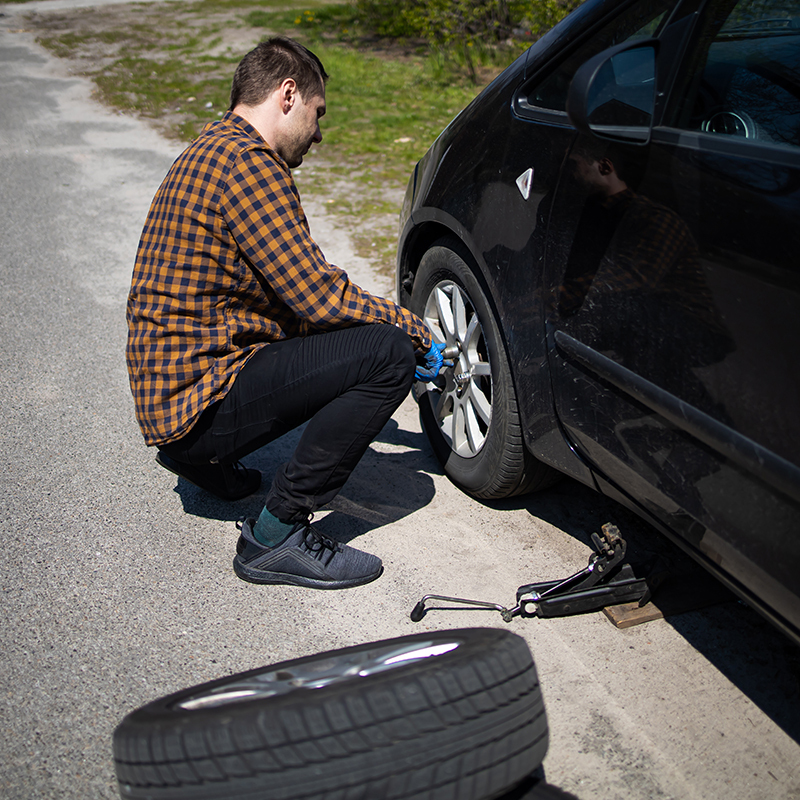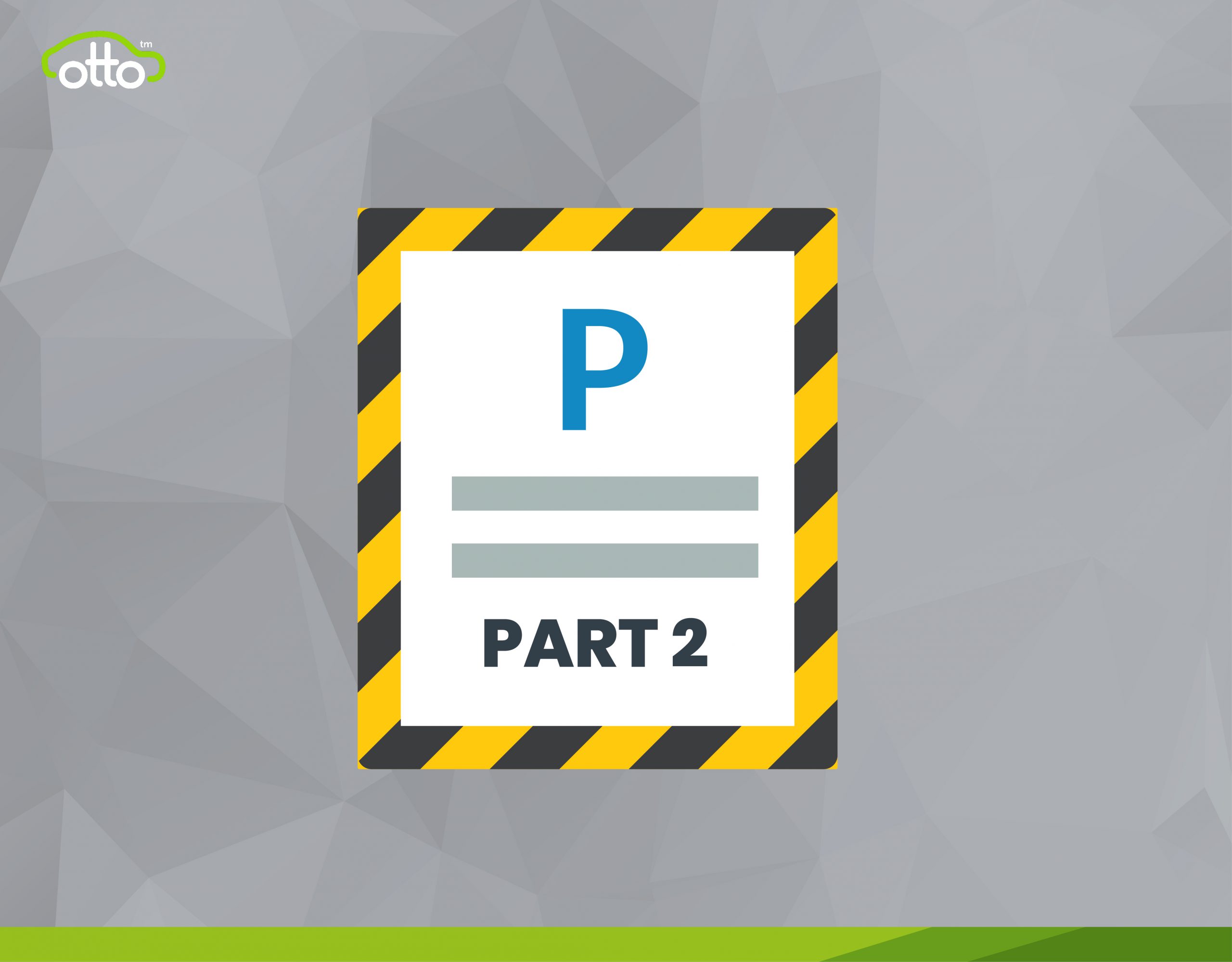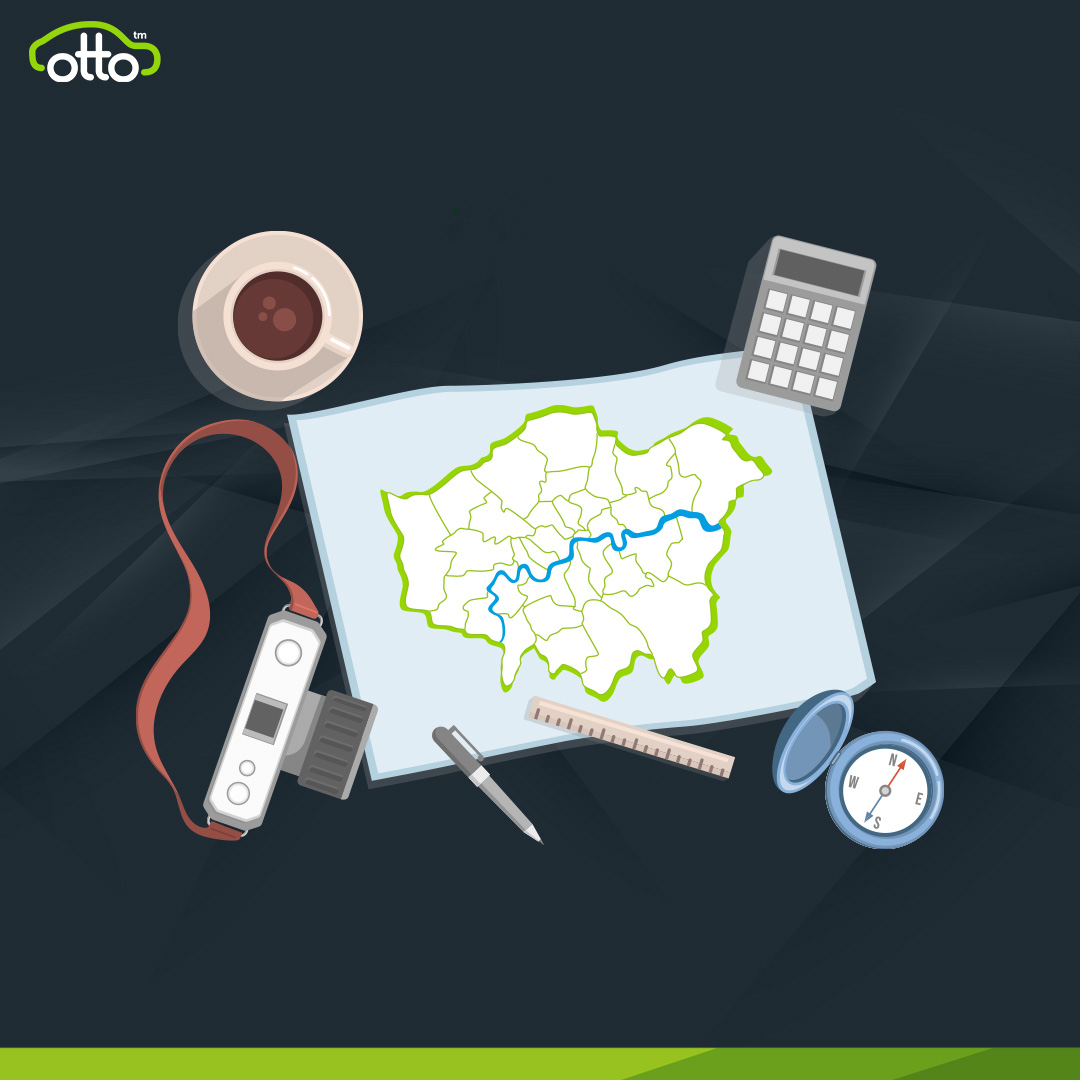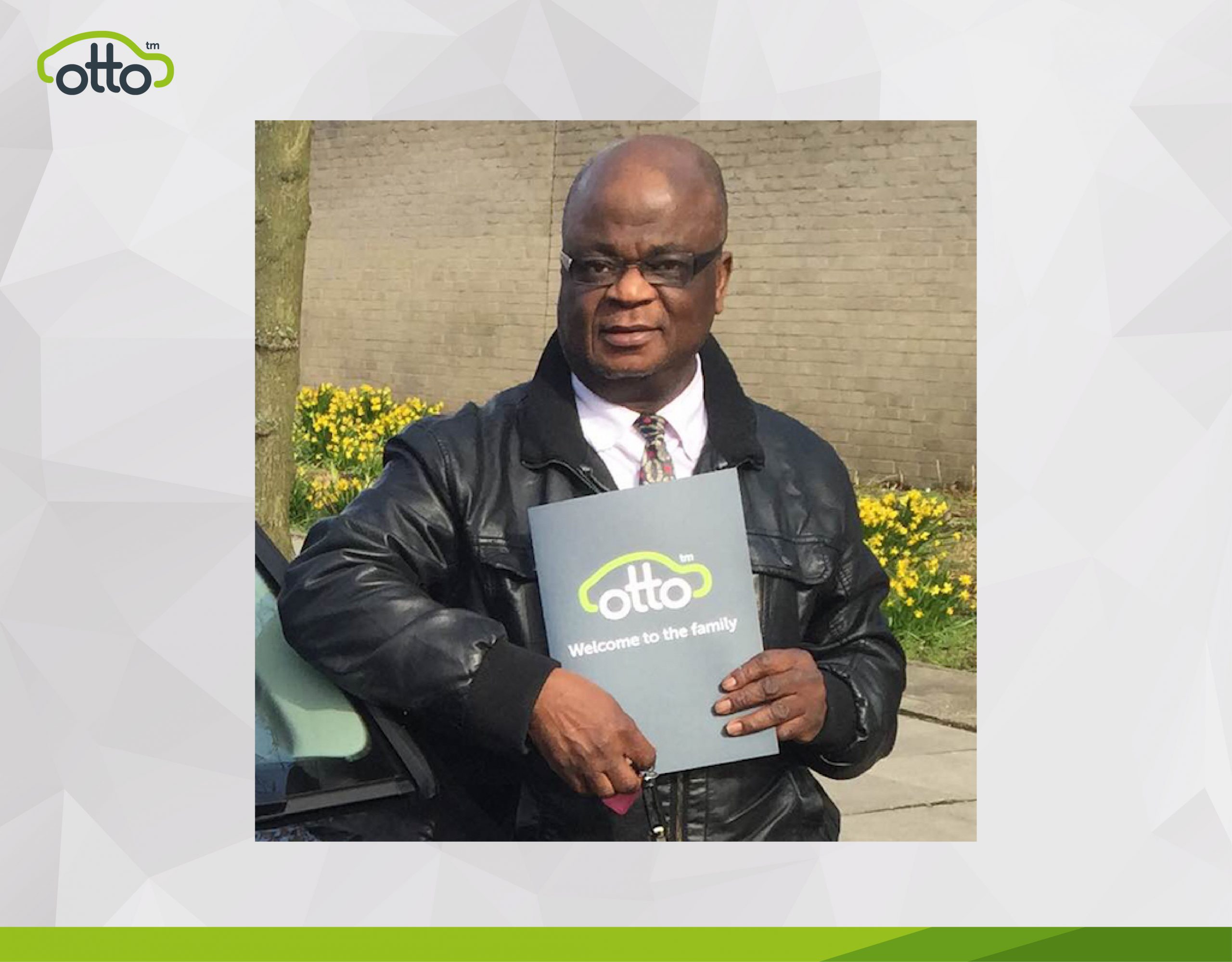FEATURED POST
EV charger types: Slow, fast, rapid and ultra-rapid charging explained
- The Otto Team
- June 2, 2023
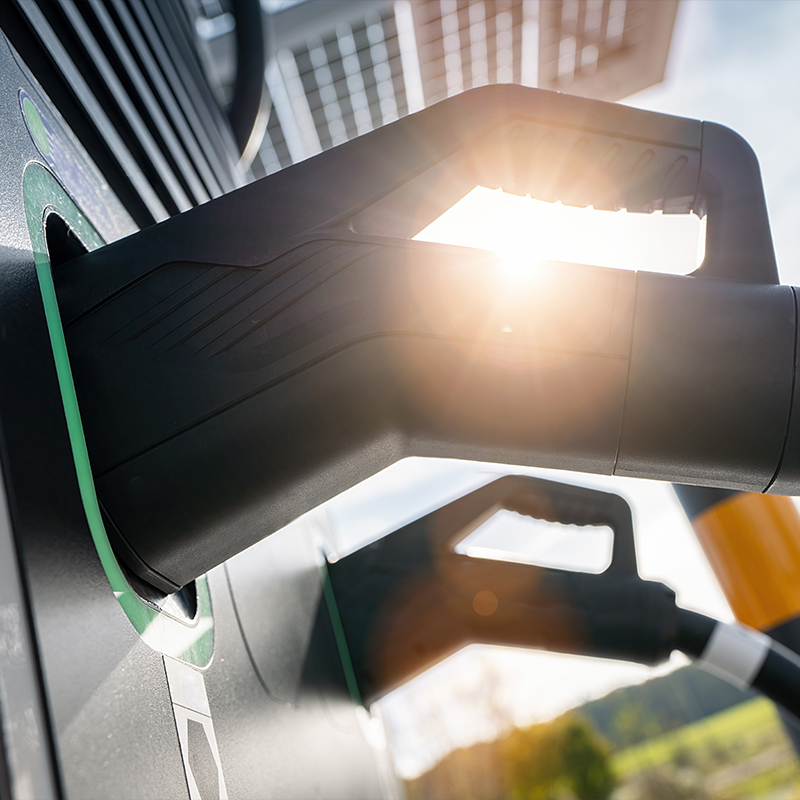
If you’re a PCO driver looking to switch to an electric vehicle for Uber, then you probably have a lot of questions about EV charging, specifically the different types of EV chargers.
There are a few things you need to consider when choosing your EV chargepoint – which can be intimidating for new EV drivers.
Read more: How to become an Uber driver in London (2023)
Here at Otto Car, we offer all the help you need, so you’re never alone.
To help you better understand how public charging works and decide which EV charger types to use, this blog will look at the charging speed, time and cost* of slow, fast, rapid and ultra-rapid chargers.
- Slow chargers
- Fast chargers
- Rapid chargers
- Ultra-rapid chargers
🔍 Did you know?
How long does it take to charge an electric PCO car? That’s a tricky question. It depends on a number of factors, such as the charging station, battery capacity, charging speed and charging level. But here is a simple formula:
Size of your car’s battery pack (kWh) ÷ charging speed of the charger (kW)
For example, the estimated time to fully charge a Kia Niro EV on a fast charger is 64.9kWh / 7kW = 9.3 hours
Please keep in mind that this is for a full charge. Most PCO drivers will be and should be charging between 10-85% where the charging time is the fastest, and to avoid long-term damage of the battery.
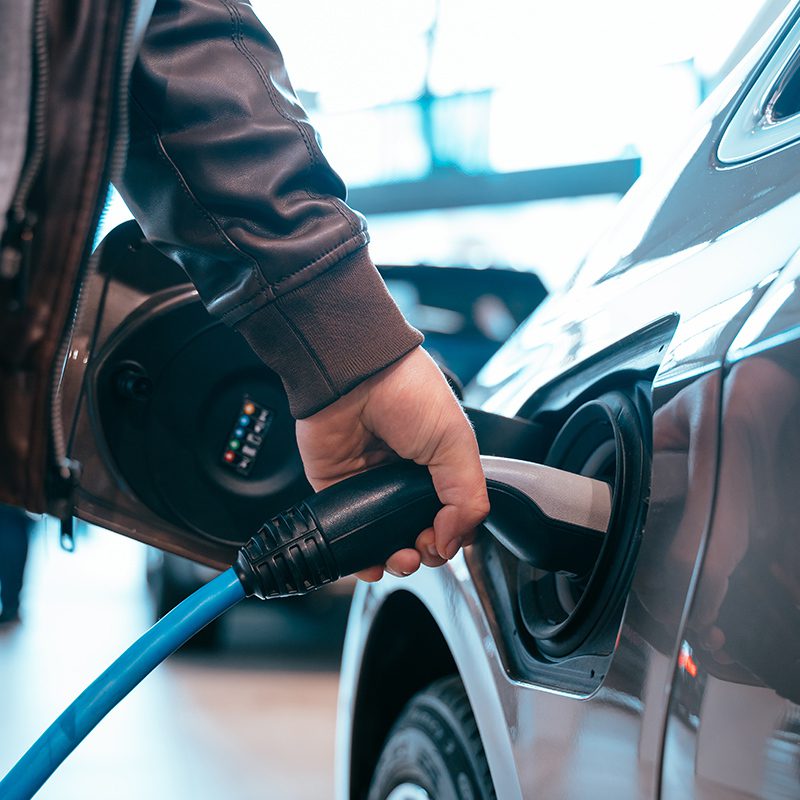
Slow chargers
What are slow chargers?
Slow chargers are typically associated with home charging or slower public charging like lamppost and workplace chargers. They typically take longer to charge your electric PCO car, but if you have a regular spot near your home, then it can be a cheaper way for Uber drivers with no driveway to charge overnight.
- Charging speed: Up to 7kW
- Charging time: Approximately 6-18 hours
- Charging cost: 40p per kWh, 8.99p per mile
- Current: AC charger
- Phasing: Single-phase
🔍 Did you know?
According to a recent study conducted by Bonnet, electric vehicle drivers can save £260 a year using public charging overnight. That’s because you can make the best of off-peak tariffs, even when electricity costs are high.
Why slow charging your EV?
- Convenient for Uber drivers who want to leave their PCO car overnight
- Cheaper charging rates
- Better for your EV battery health
Why not slow charging your EV?
- Taking a little longer
- The associated parking space might not always be available, which can prevent you from creating a reliable strategy

Fast chargers
What are fast chargers?
Most fast chargers can be found at supermarkets, shopping malls, car parks, or other areas with designated parking available to use for a couple of hours or so.
- Charging speed: 7-22kW
- Charging time: Approximately 3-8 hours
- Charging cost: 54p per kWh, 12.13p per mile
- Current: AC/DC charger
- Phasing: Single-phase/three-phase
Why fast charging your EV?
- Quicker than slow charging
- Working nicely with downtime from Uber driving
- Possible to charge whilst you go shopping, which could take around an hour in any case
Why not fast charging your EV?
- Most of these public car parks charge you overstaying fees
- Not as fast as the rapid chargers, and the wait time might not be as ideal for PCO drivers
🔍 Did you know?
How many electric car chargers are in London? At the end of April 2023, there were 42,566 electric vehicle charging points across the UK, with 13,436 (32%) being in Greater London. Find out your nearest EV chargers from the government website here

Rapid chargers
What are rapid chargers?
Rapid charging is one of the quickest solutions on the market for PCO drivers with an electric car. They are growing in availability around London, and they are increasingly the most popular way of charging for Uber drivers due to their quick charging times. Please note, the rate of charging for the last 20% is slower than the first 80% to protect the health of your EV battery.
- Charging speed: 50kW
- Charging time: Approximately 30-45 minutes
- Charging cost: 67p per kWh, 15.06p per mile
- Current: DC charger
- Phasing: Three-phase
Why rapid charging your EV?
- It’s one of the fastest options for PCO drivers who want to get a decent charge in between work hours, or whilst you take a break
- The coverage around London is growing at a good pace
Why not rapid charging your EV?
- Rapid chargers could potentially degrade EV batteries quicker in the long term
- It’s a more expensive option
🔍 Did you know?
Tesla’s Superchargers are often more powerful than the “normal” rapid chargers that we see at most public charging stations, as they can deliver charge rates up to 250kW.
What’s more, PCO drivers can now use Tesla Superchargers to charge their non-Tesla vehicles at some of their charging stations in London and across the UK. Learn more here
Ultra-rapid chargers
What are ultra-rapid chargers?
Ultra-rapid chargers are comparatively new to the market. They won’t be suitable for all PCO cars, due to how many kWs they can take in at any one time. However, it is a quick solution and could work out very well for drivers in PCO cars like the VW ID.3 which can handle them.
- Charging speed: 150-350kW
- Charging time: Approximately 20-30 minutes
- Charging cost: 70p per kWh, 15.73p per mile
- Current: DC charger
- Phasing: Three-phase
Why ultra-rapid charging for your EV?
- It’s one of the fastest available charging options for PCO drivers
- Very easy to fit into a day-to-day private hire driving schedule
Why not ultra-rapid charging for your EV?
- They still aren’t widely available around London, although the number is rising
- They cost more than fast or slow chargers
- Only compatible with certain vehicles like the VW ID.3
*Pricing based on the AA EV Recharge Report April 2023. Calculations based on a Vauxhall e-Corsa. Depending on the type of electric PCO car, and the max kWs it can take.
Not sure which PCO car to choose? Try our car selection tool to find out the car that best suits your needs.
Want to learn more?
Vestibulum nec scelerisque mauris,eget finibus justo. Vivamus metus justo, semper vel facilisis quis, scelerisque ut libero. Aenean eget porttitor nisi. Lorem ipsum dolor sit amet, consectetur adipiscing elit. Vestibulum nec scelerisque mauris,eget finibus justo. Aenean eget porttitor nisi. Lorem ipsum dolor sit amet, consectetur adipiscing elit. Vestibulum nec scelerisque mauris,eget finibus justo. Vivamus metus justo, semper vel facilisis quis, scelerisque ut libero. Aenean eget porttitor nisi. Lorem ipsum dolor sit amet, consectetur adipiscing elit. Vestibulum nec scelerisque mauris,eget finibus justo. Aenean eget porttitor nisi. Lorem ipsum dolor sit amet, consectetur adipiscing elit.
